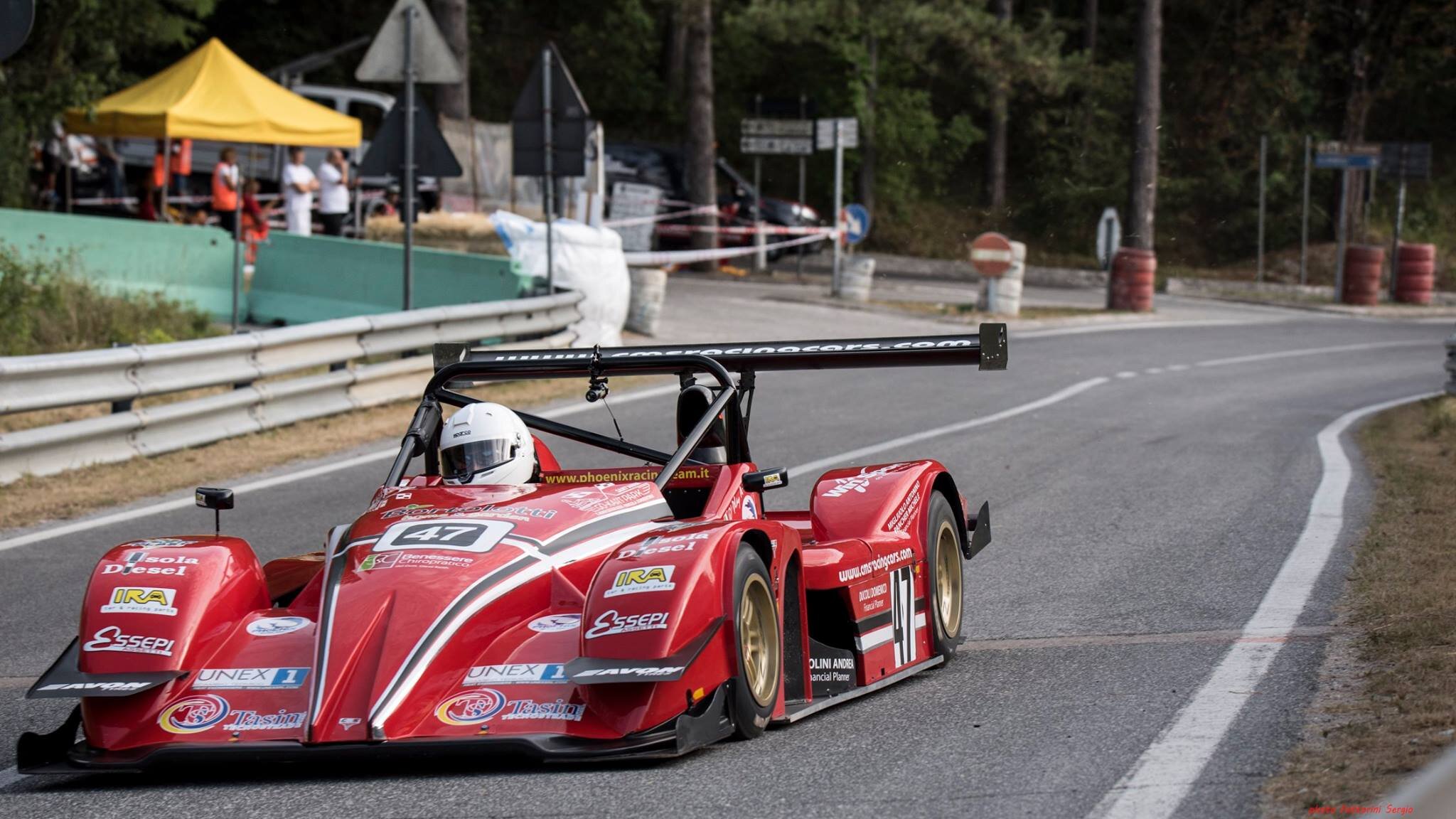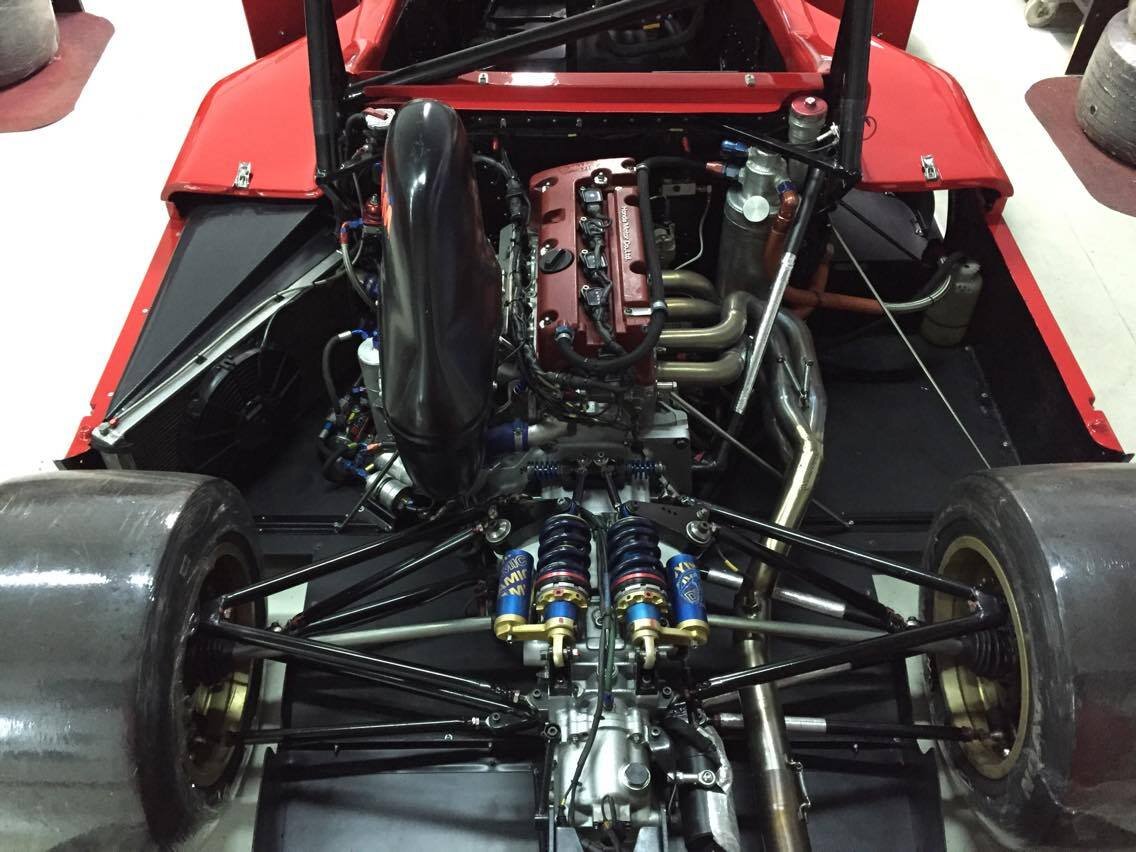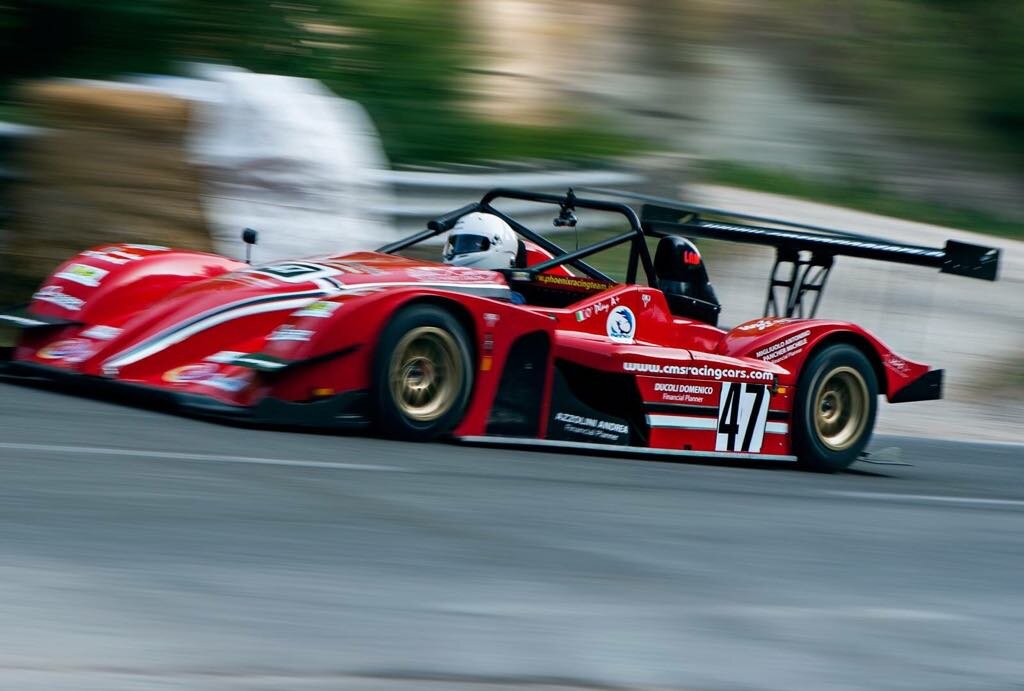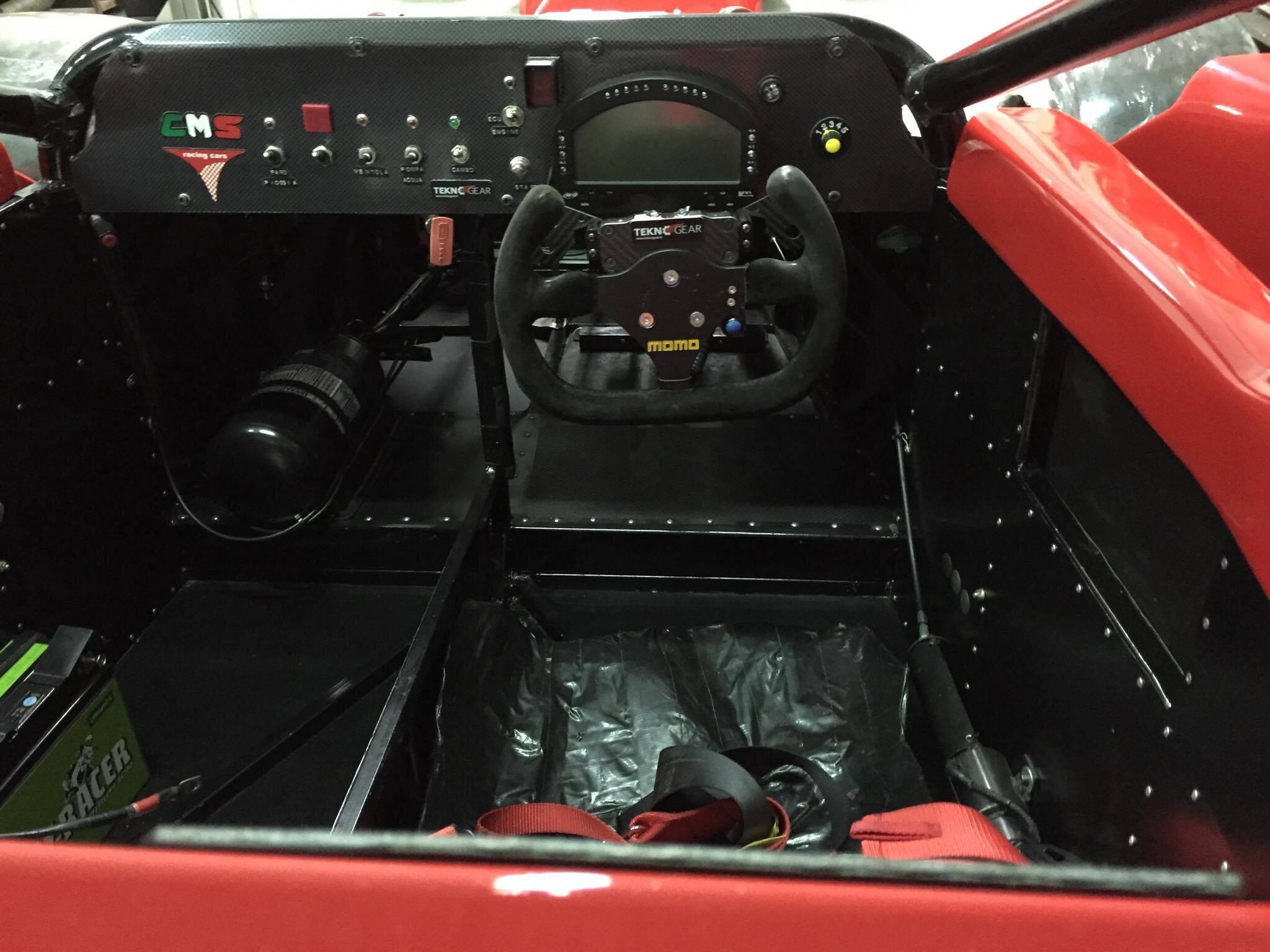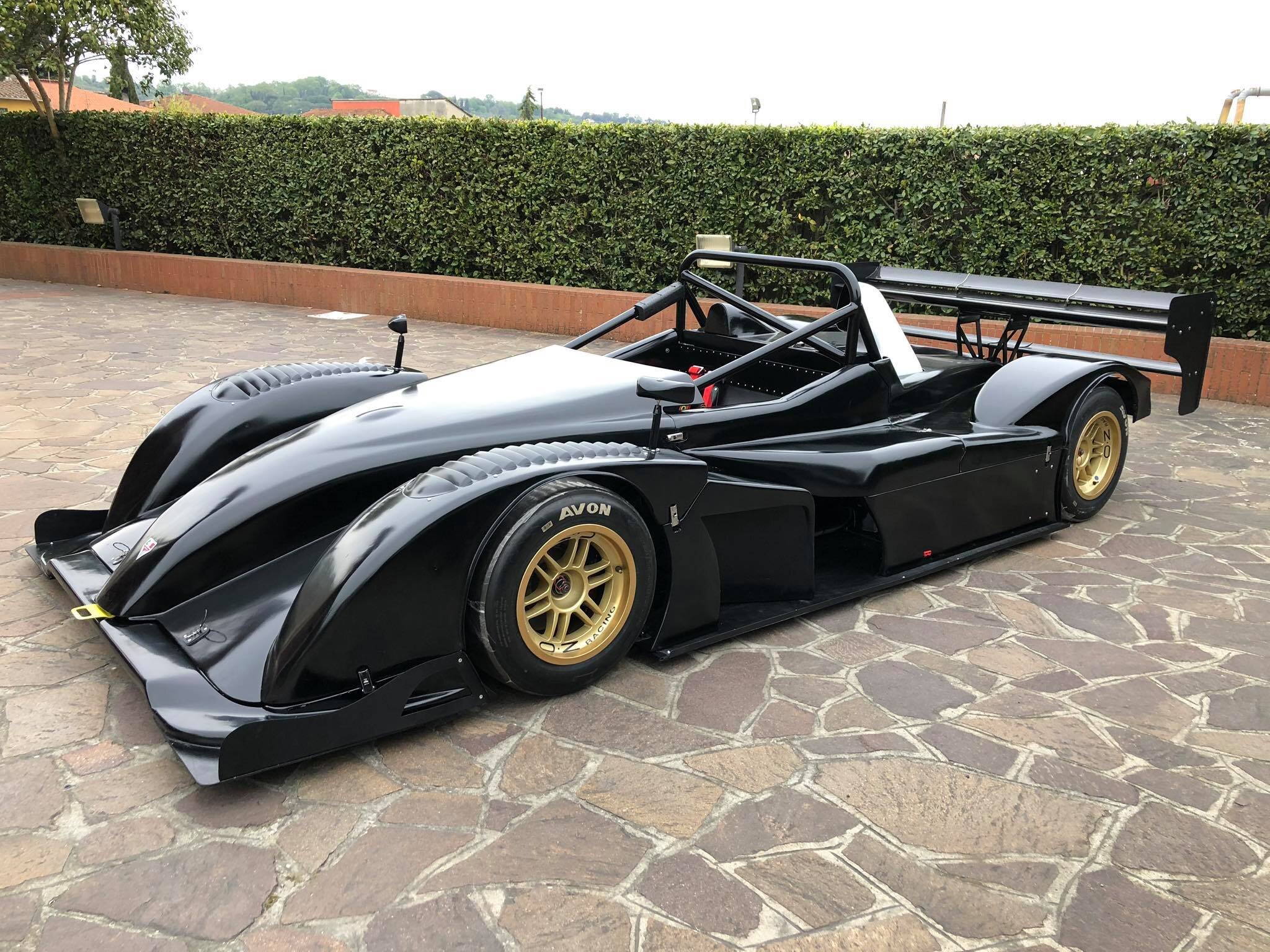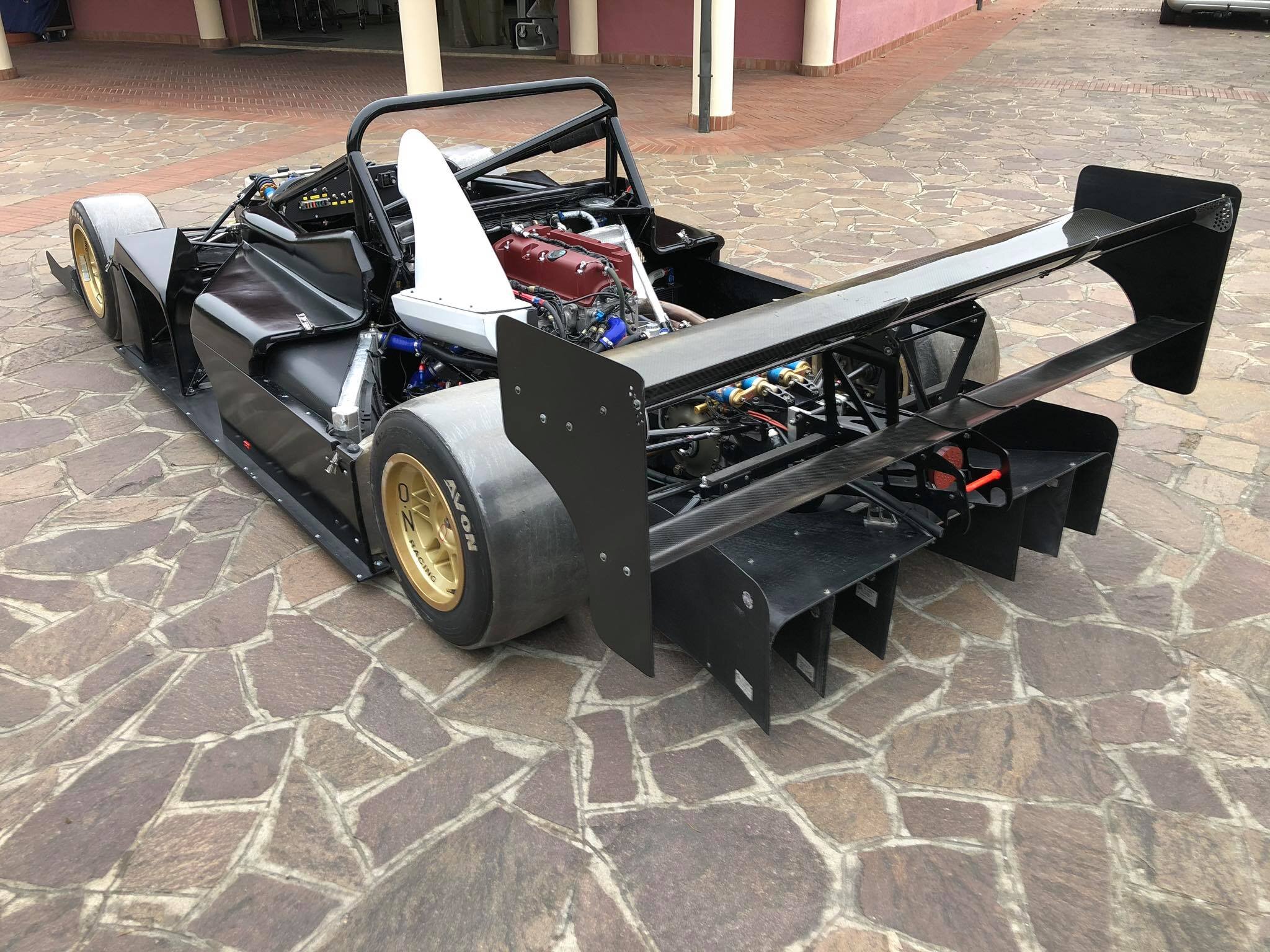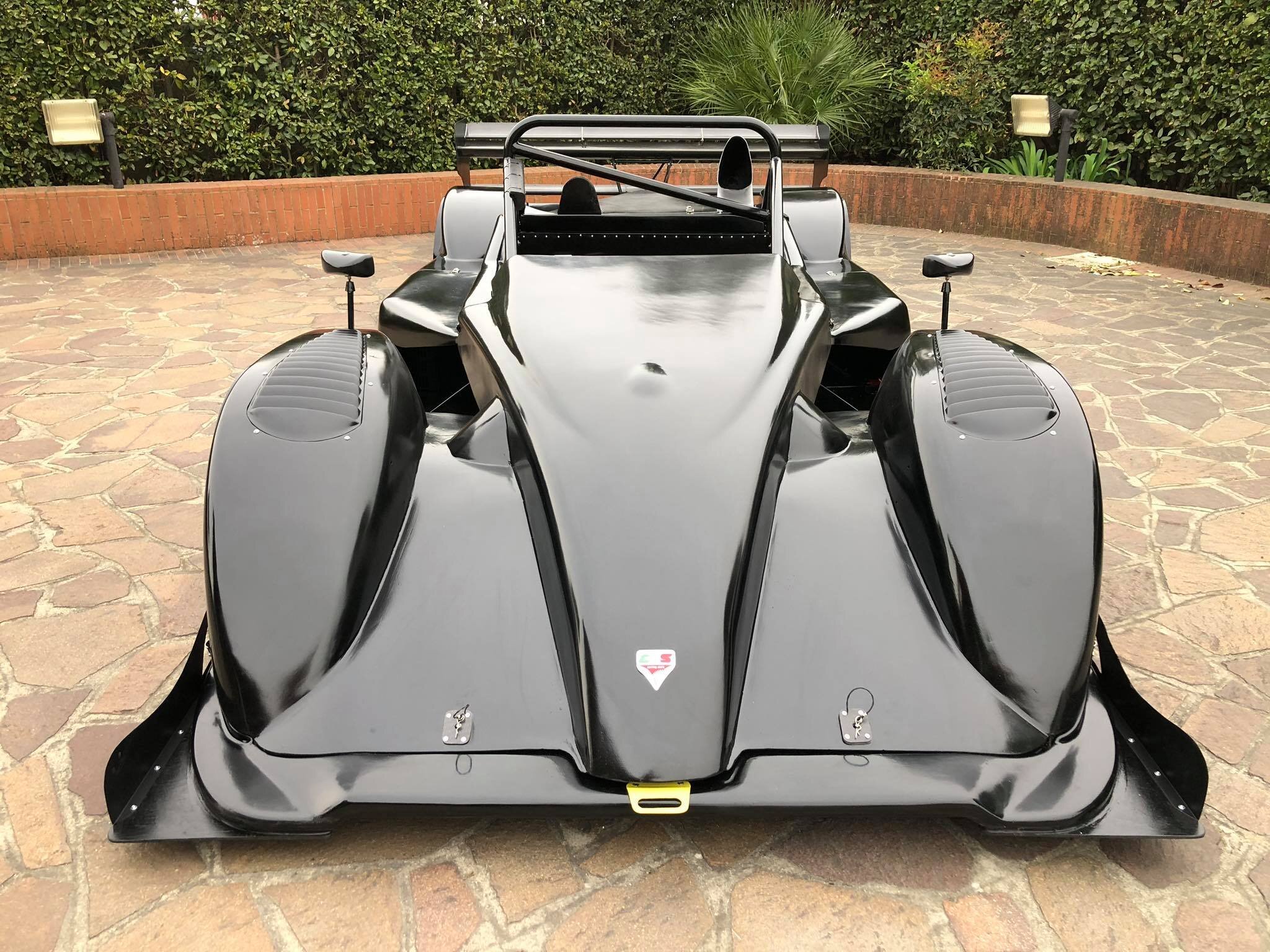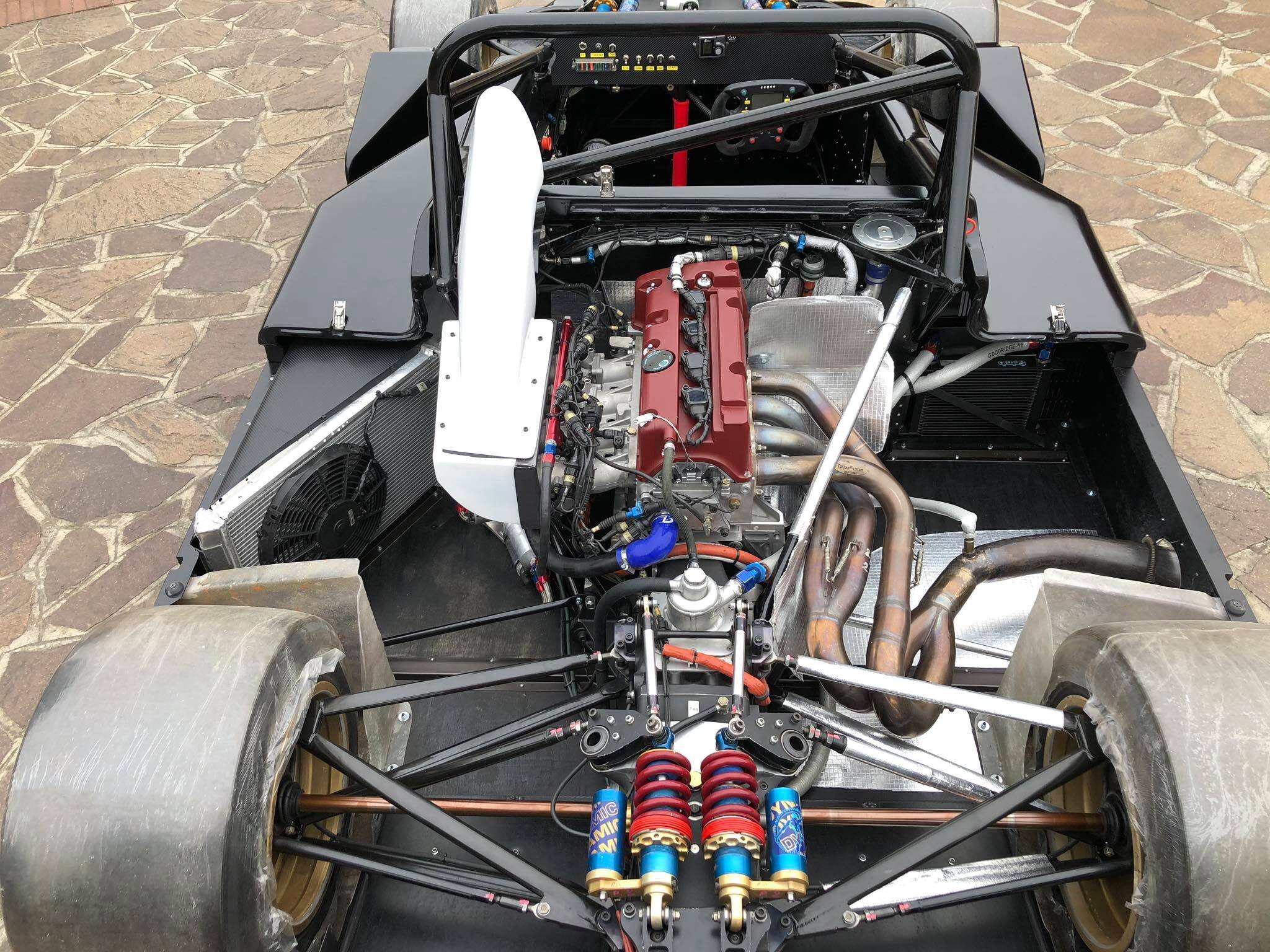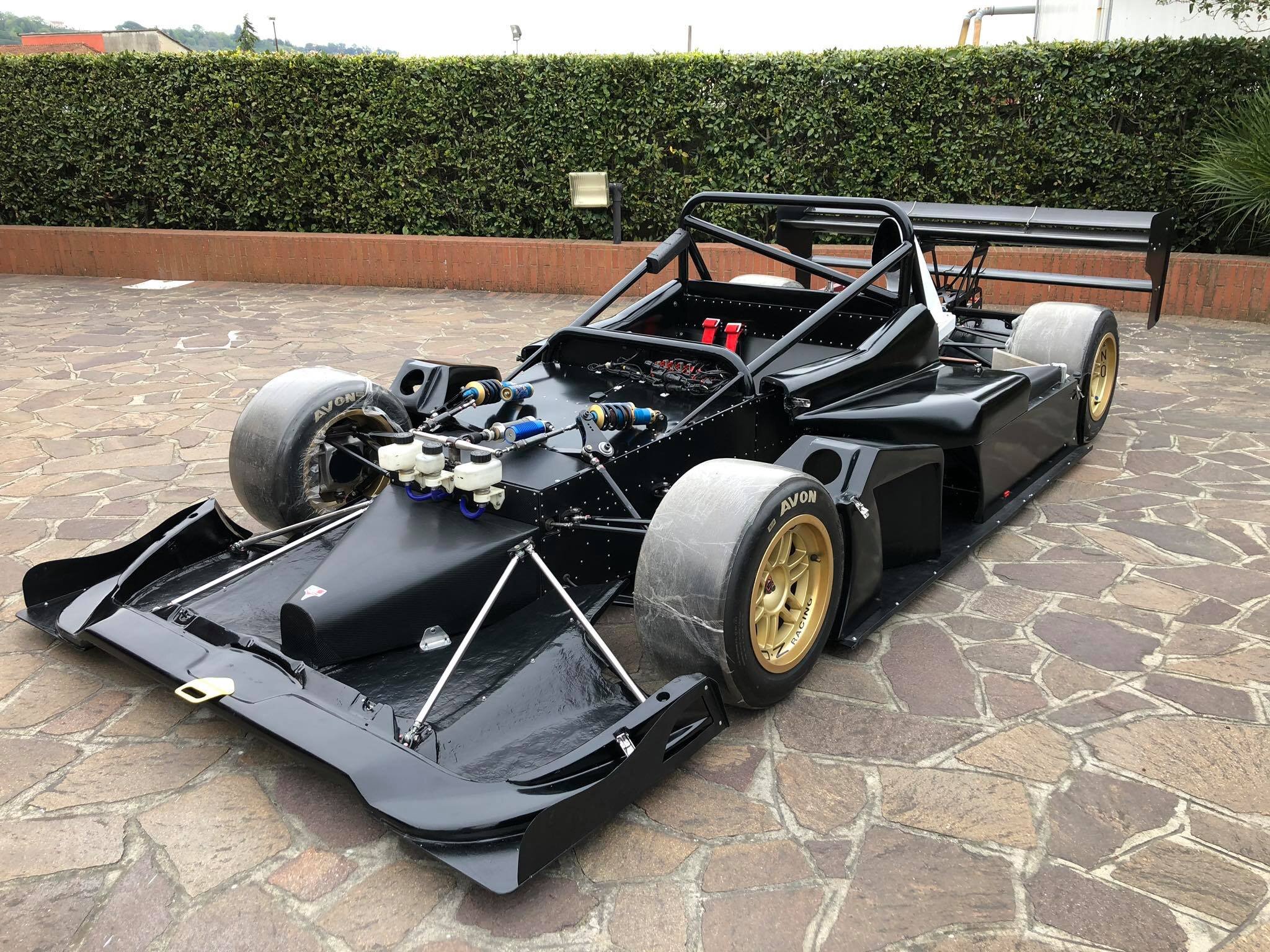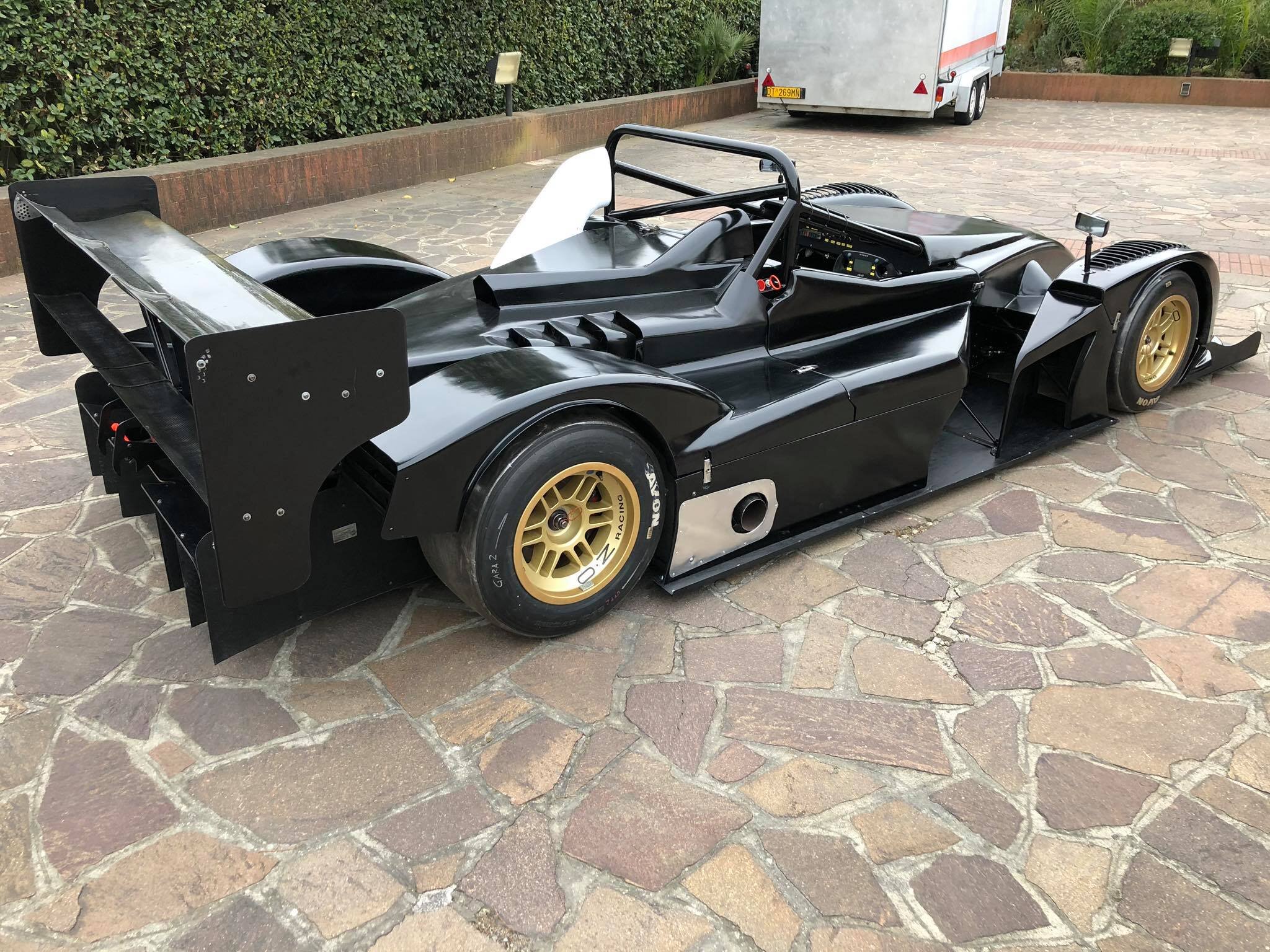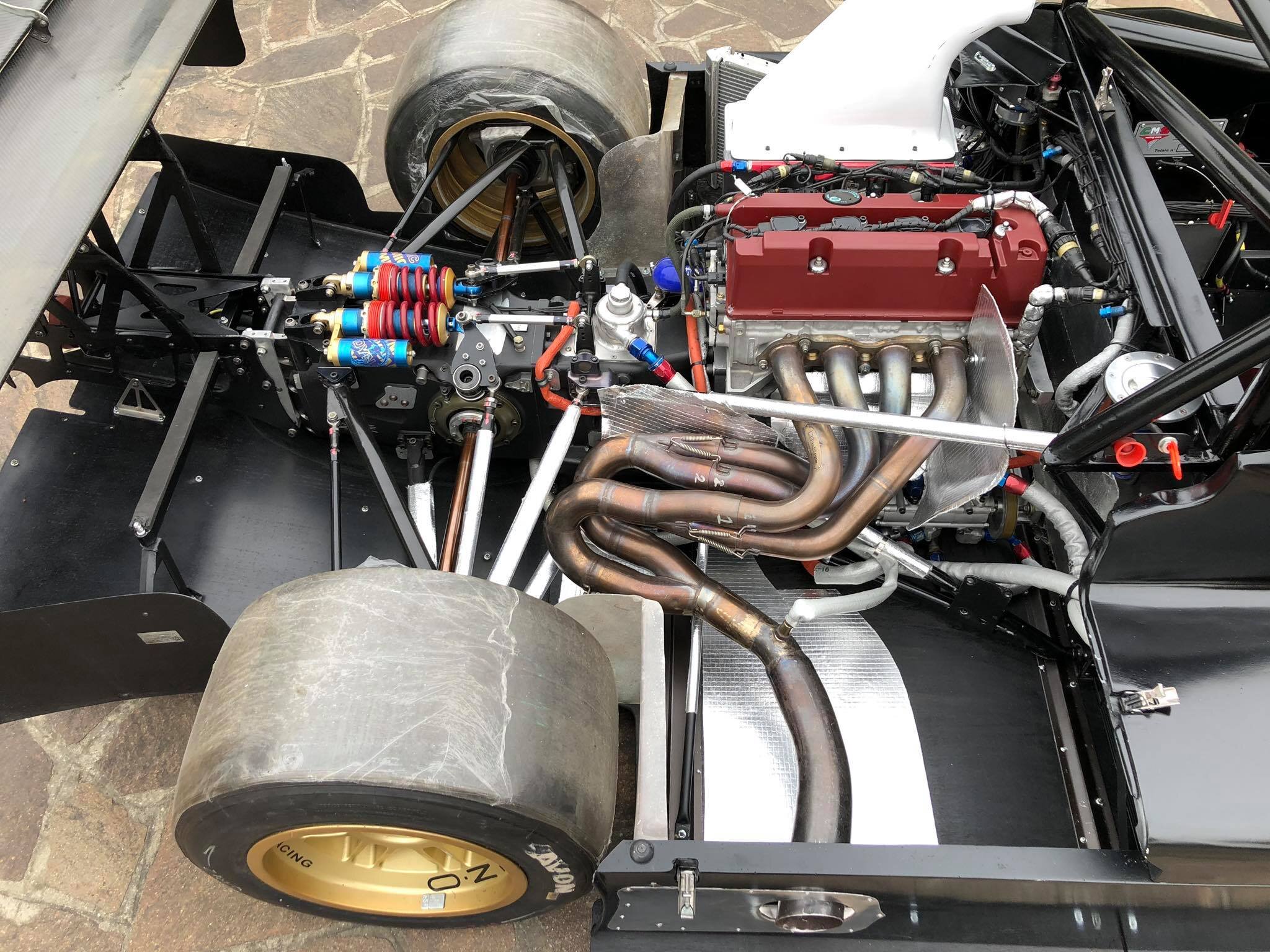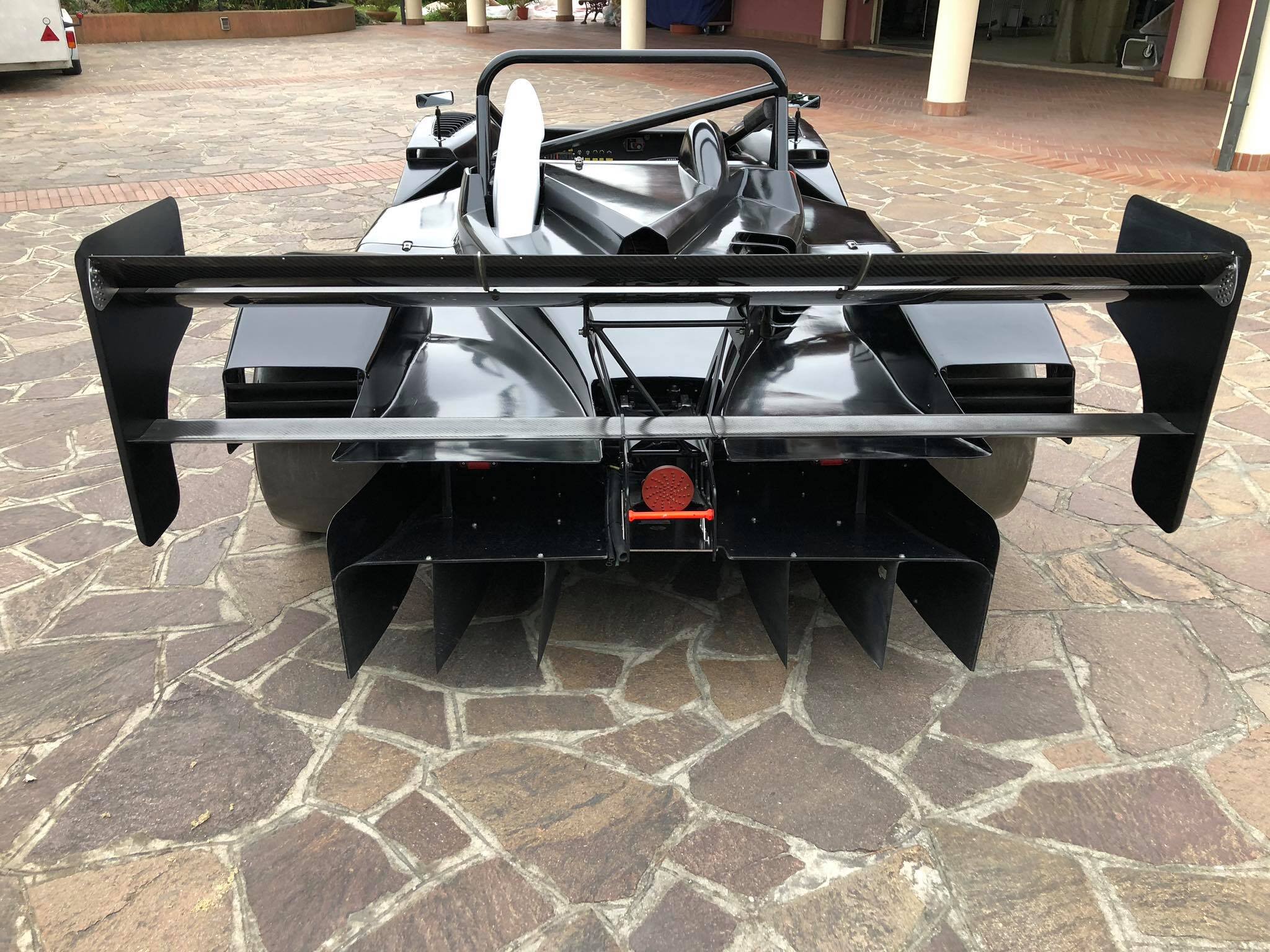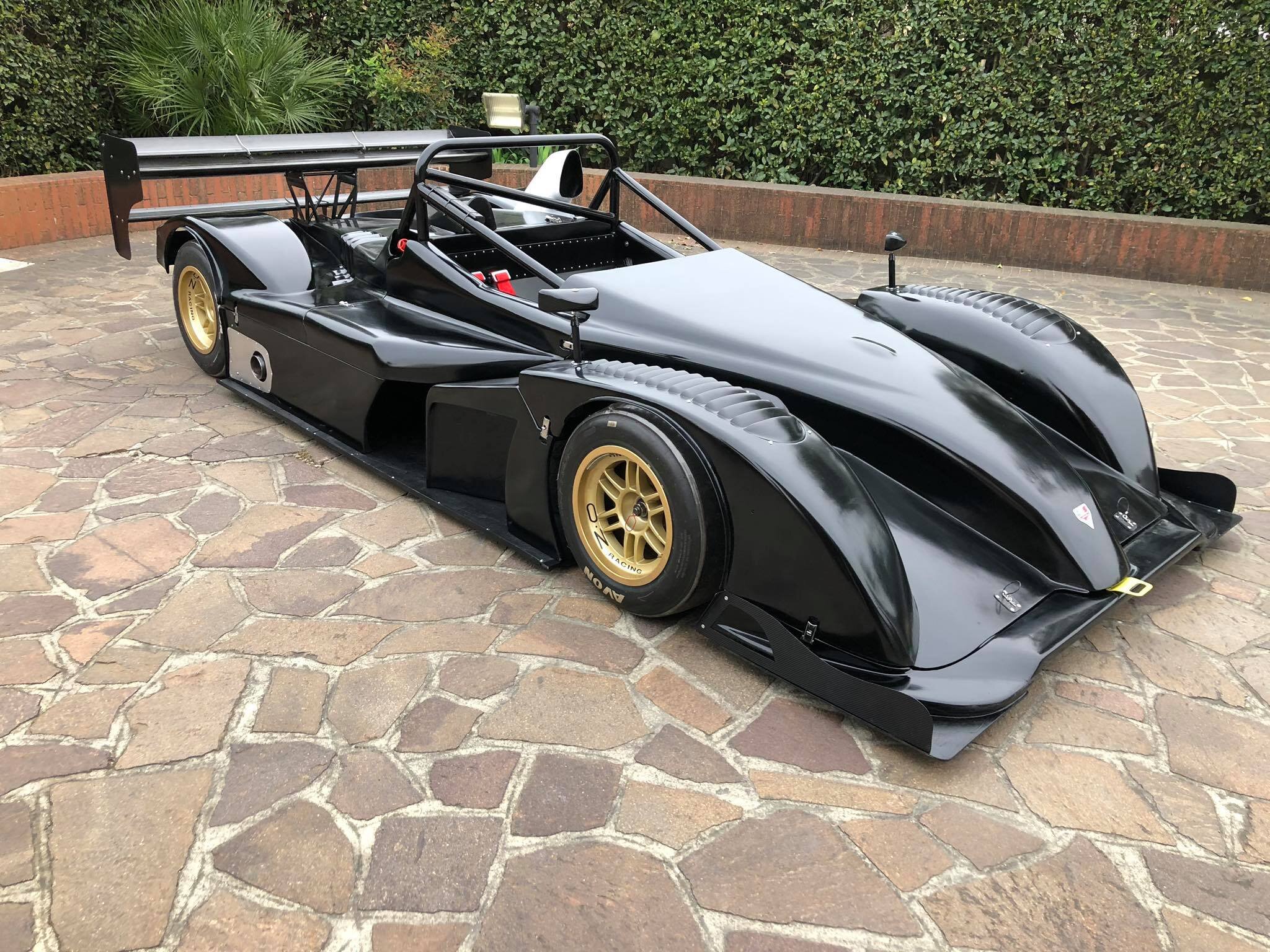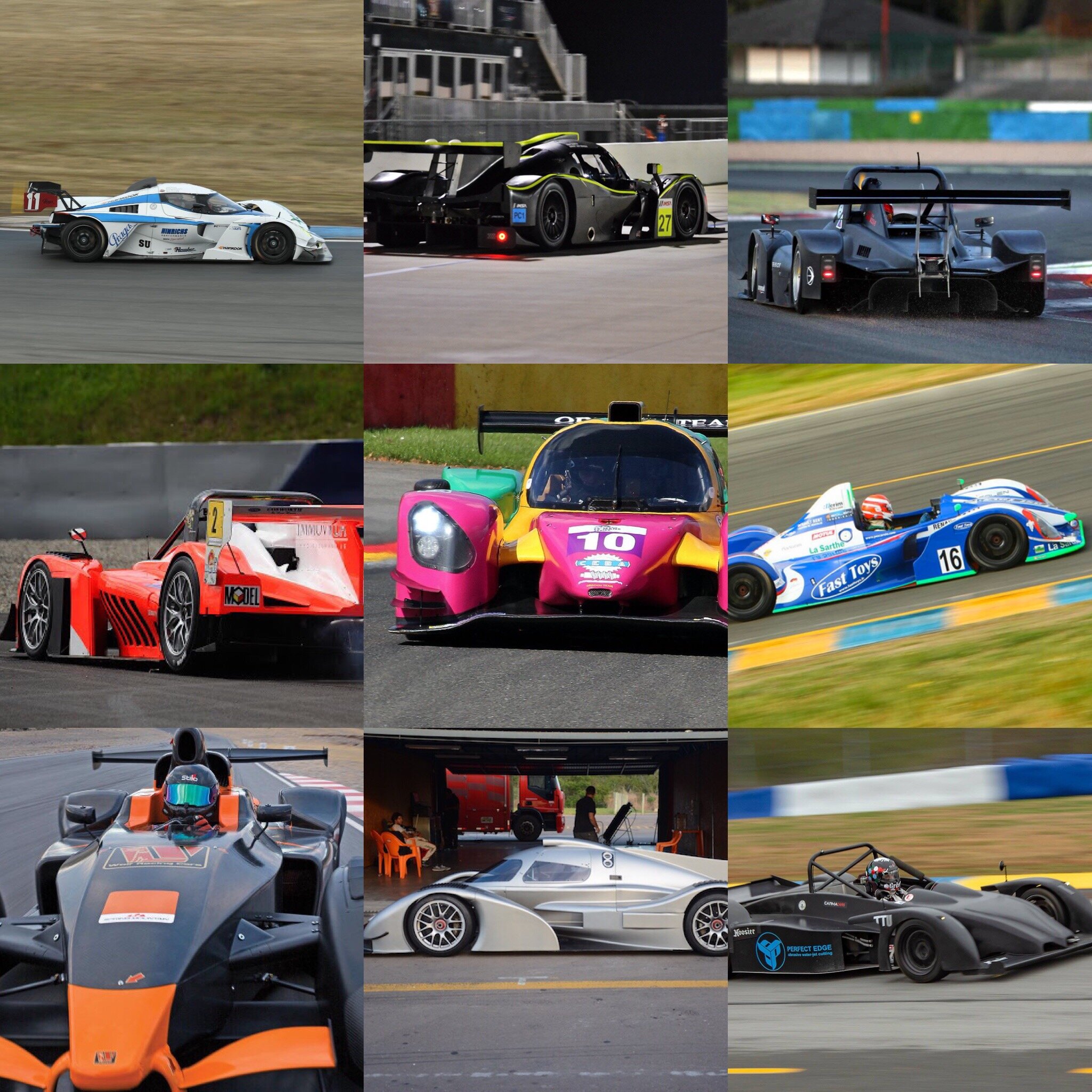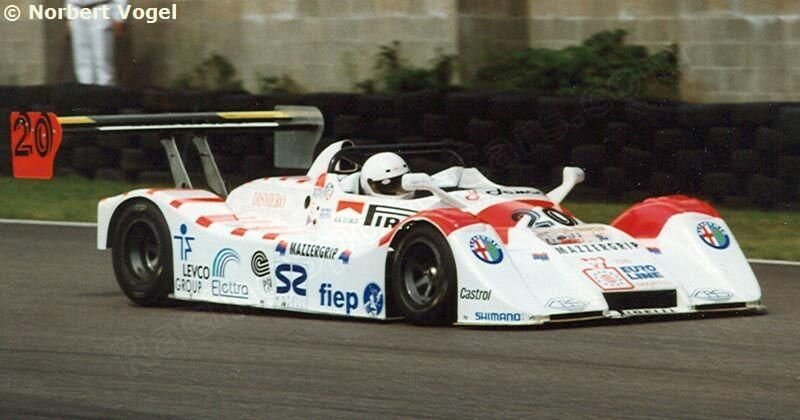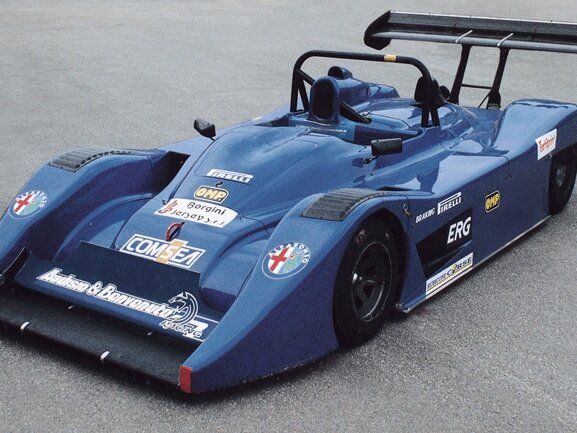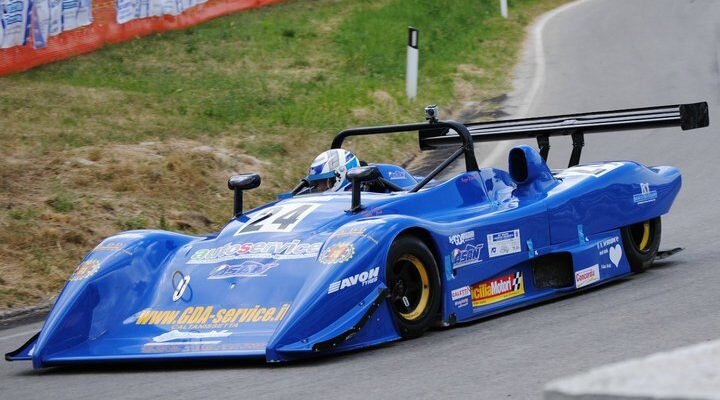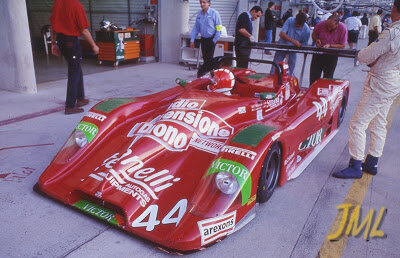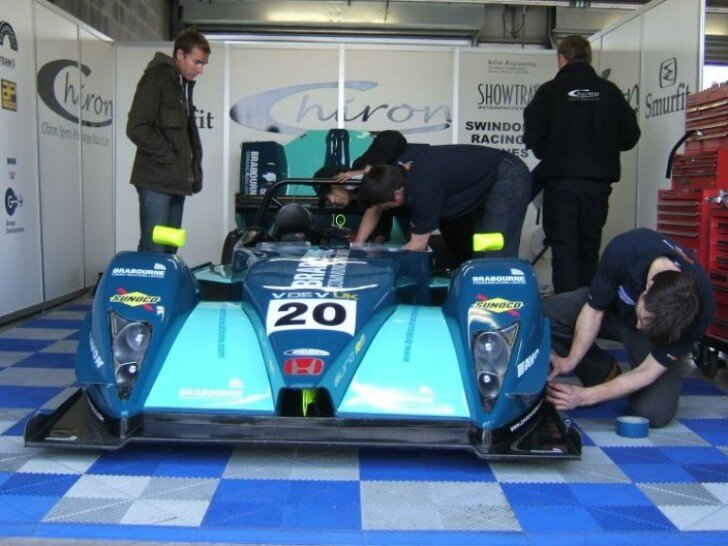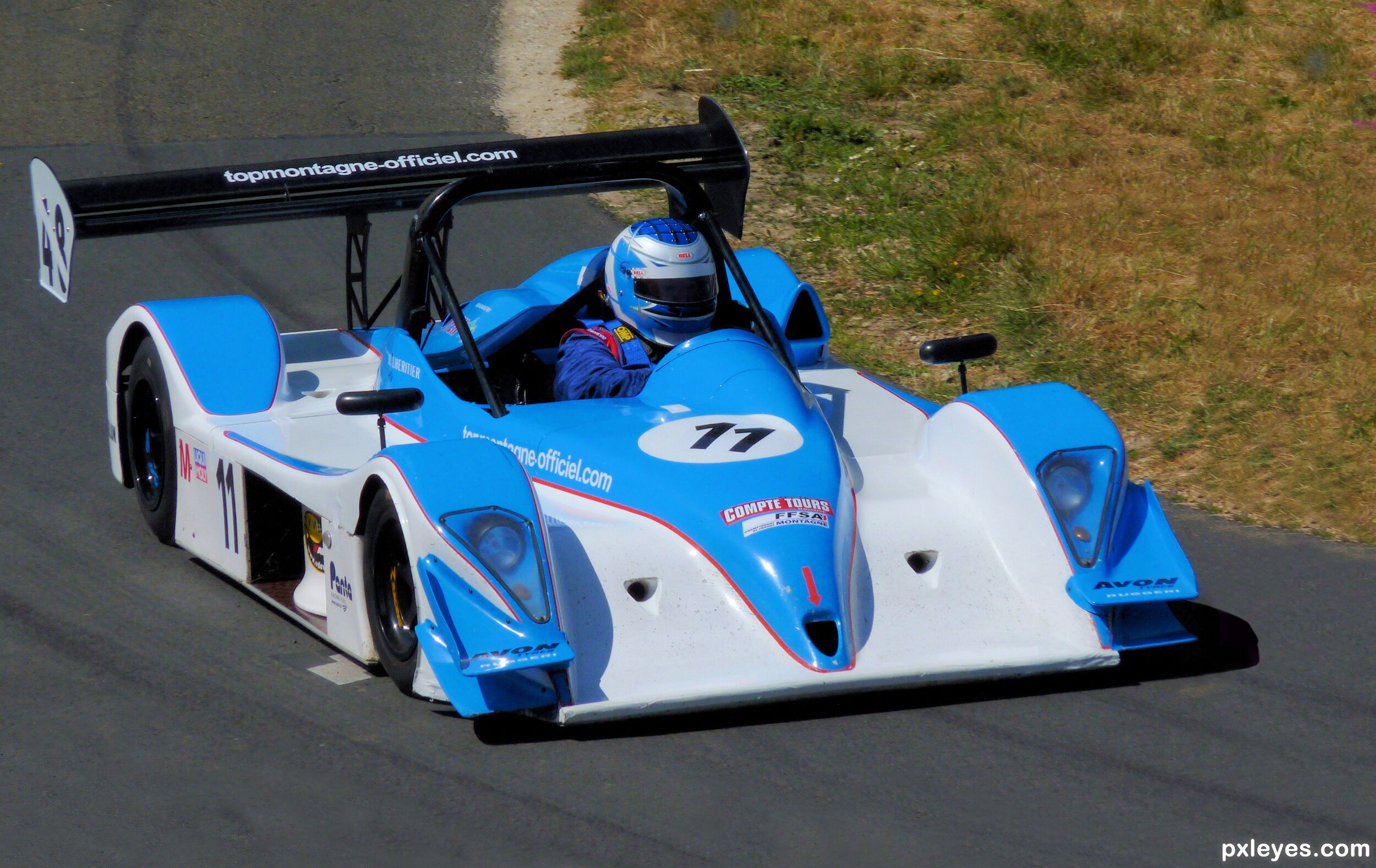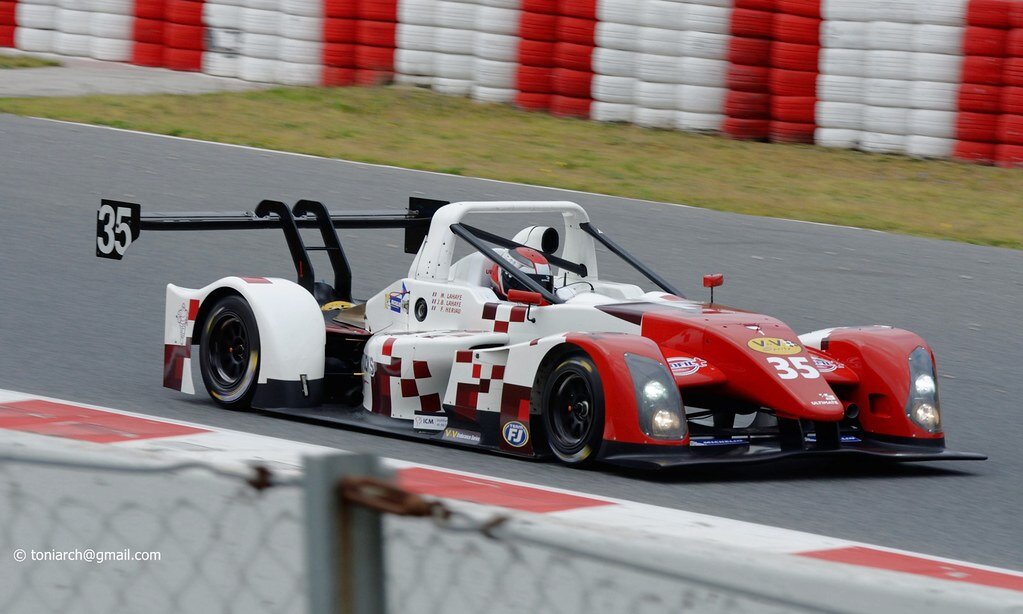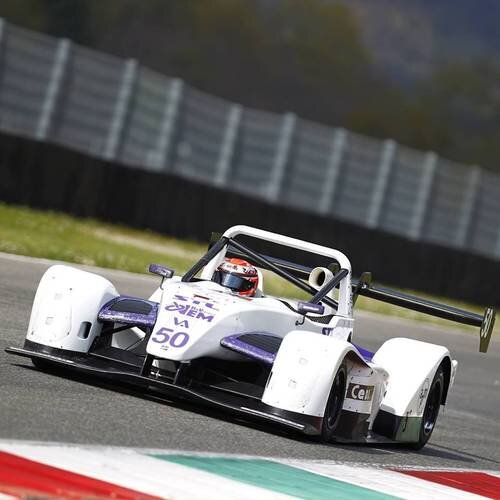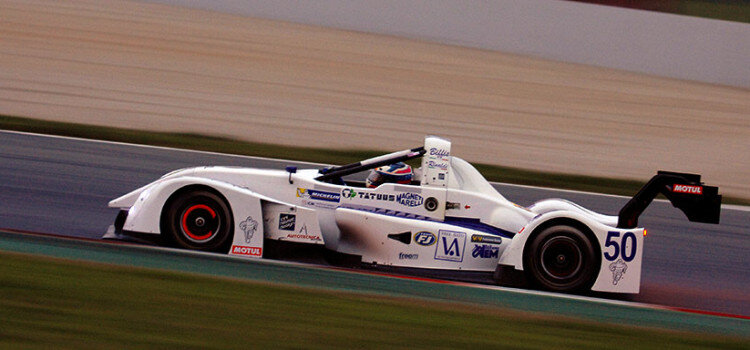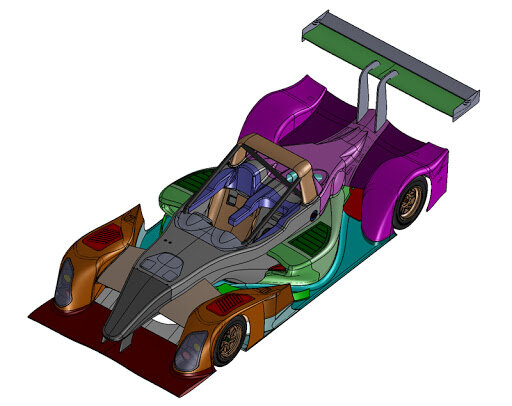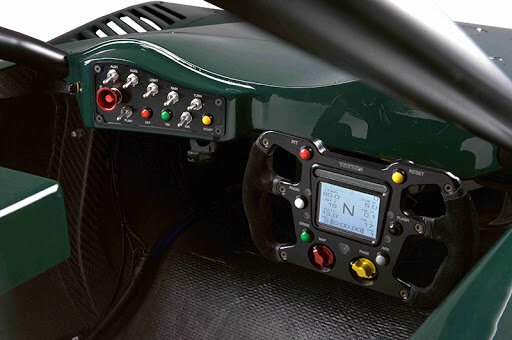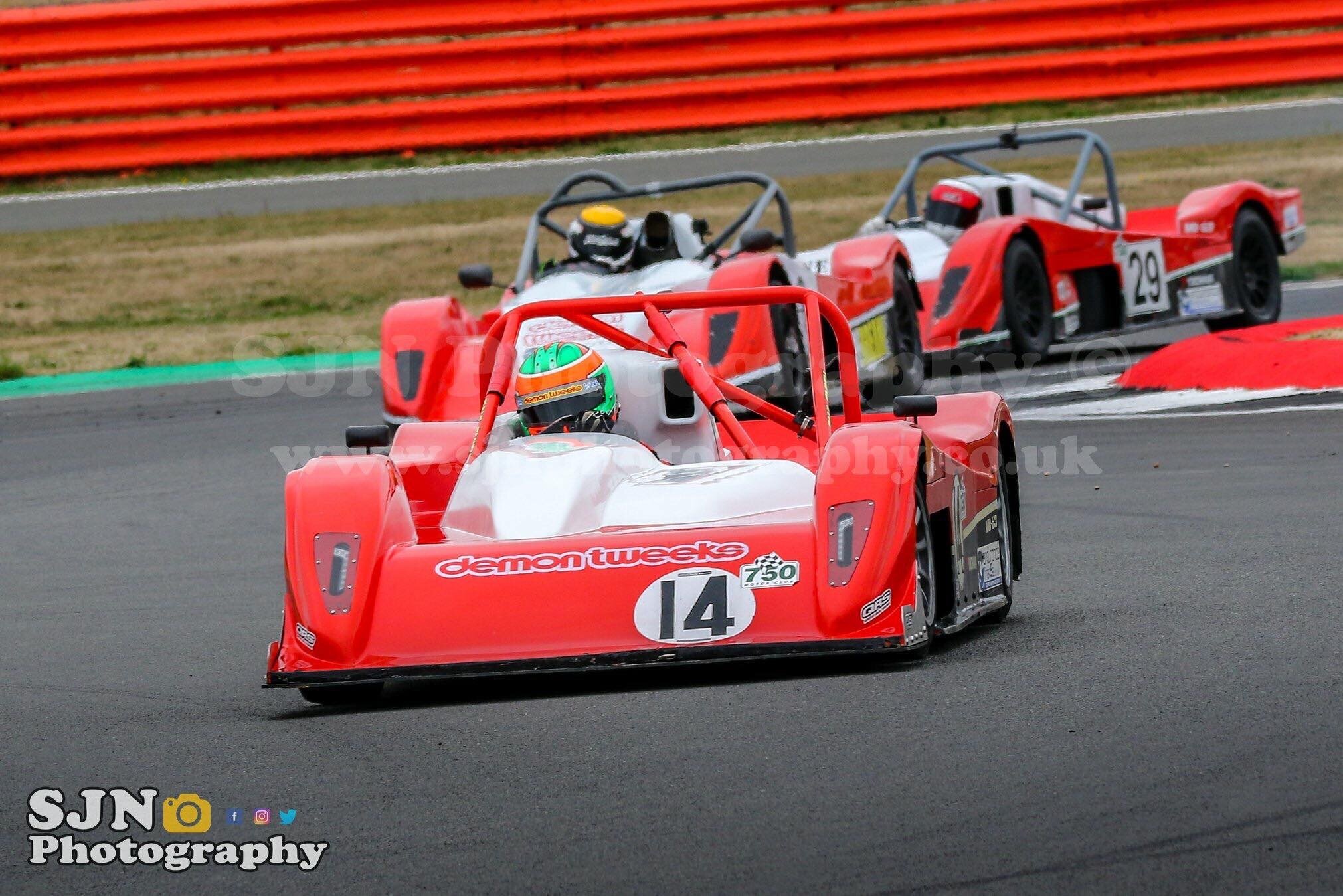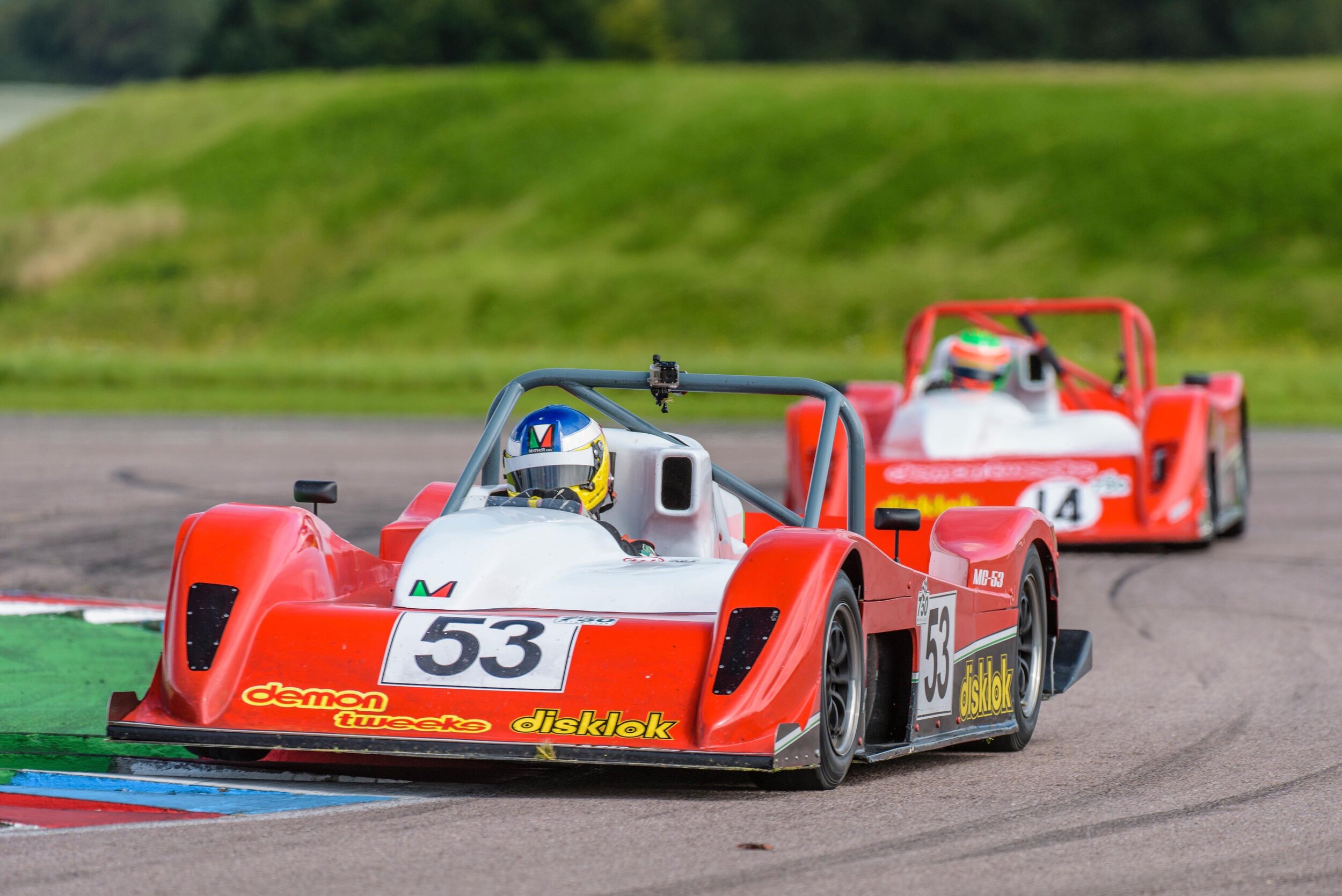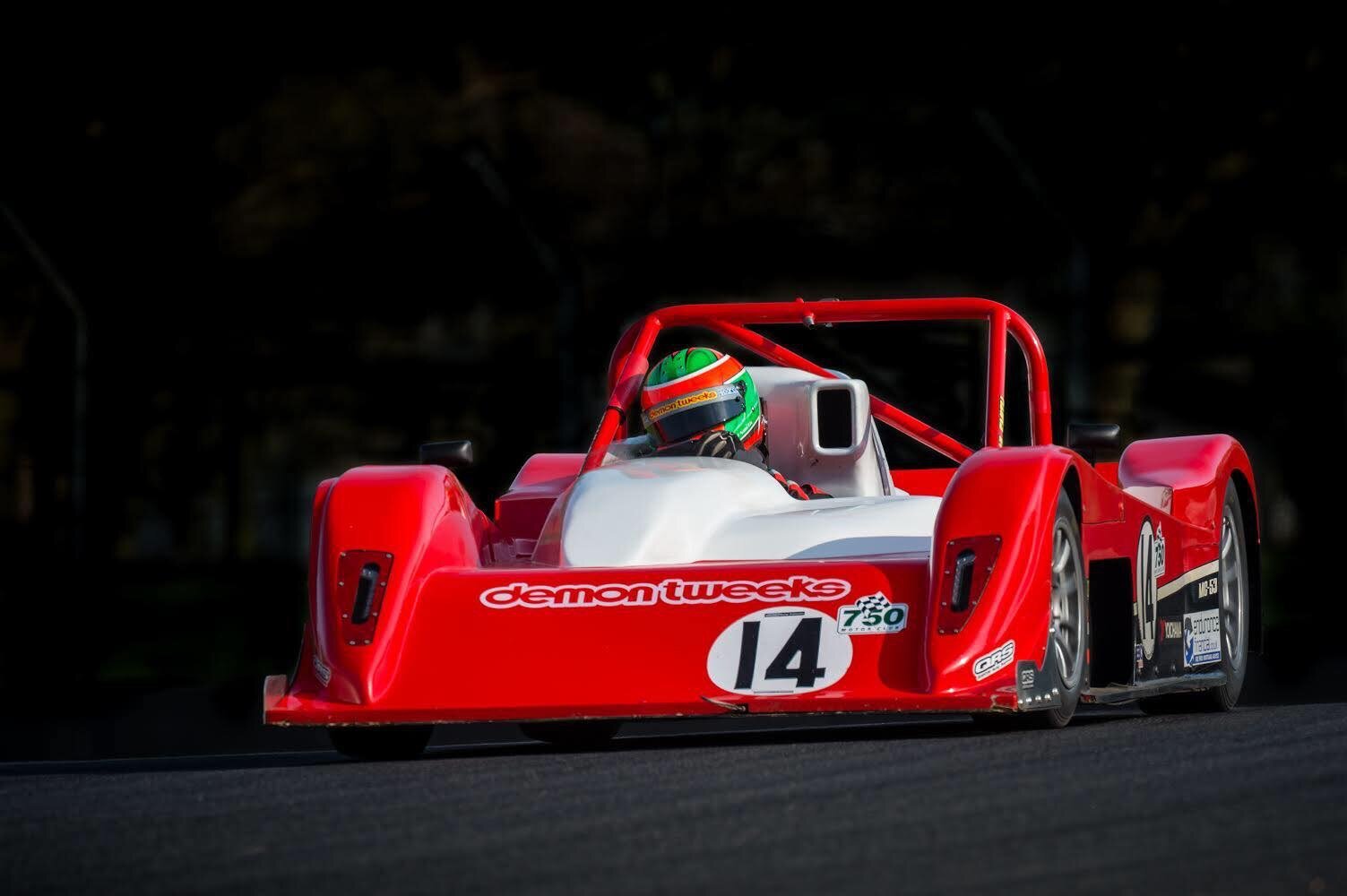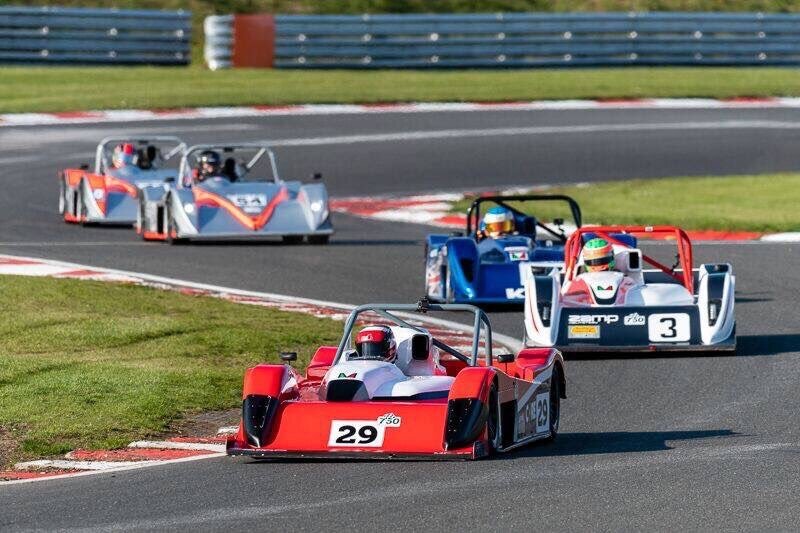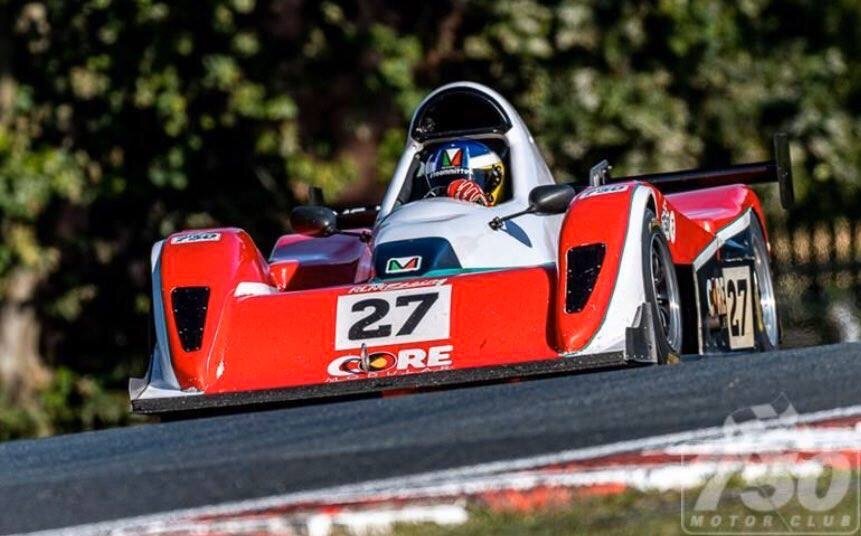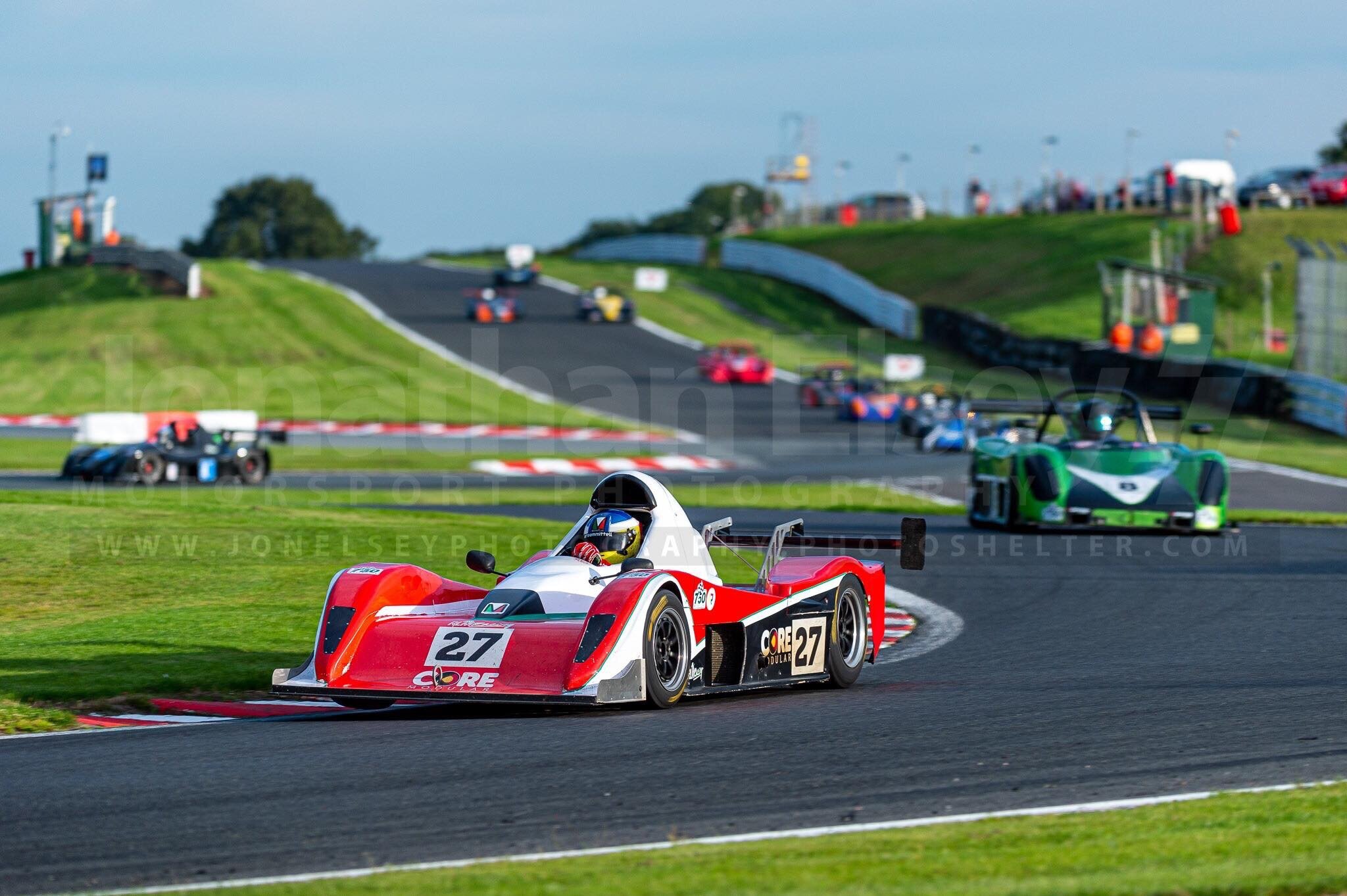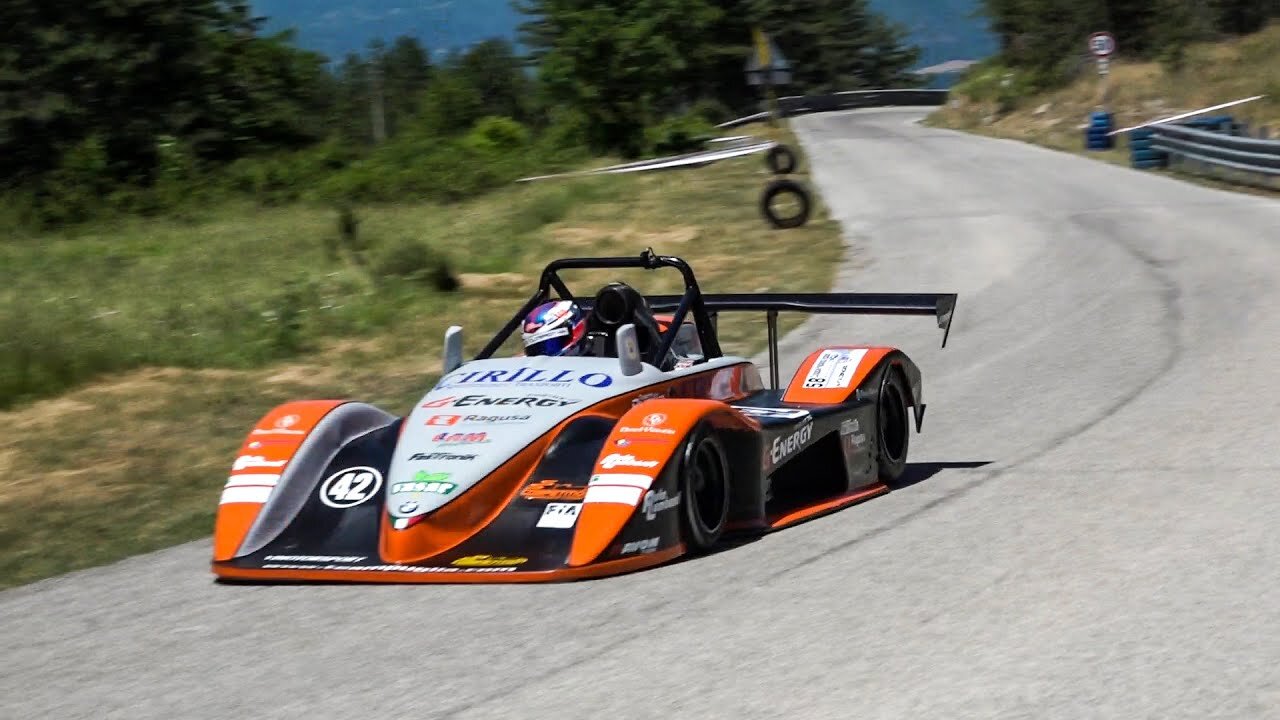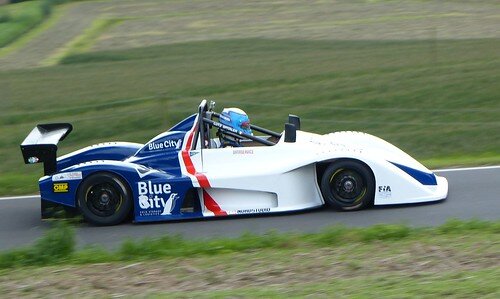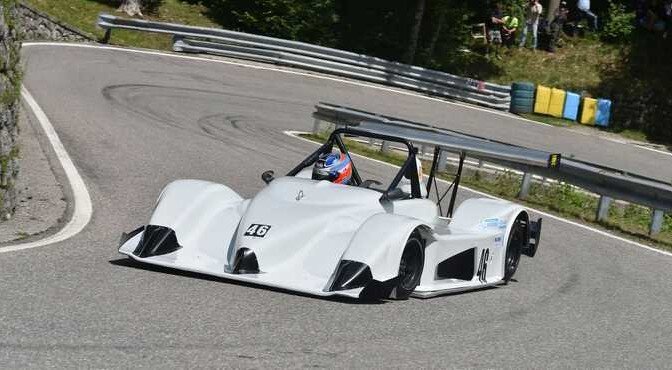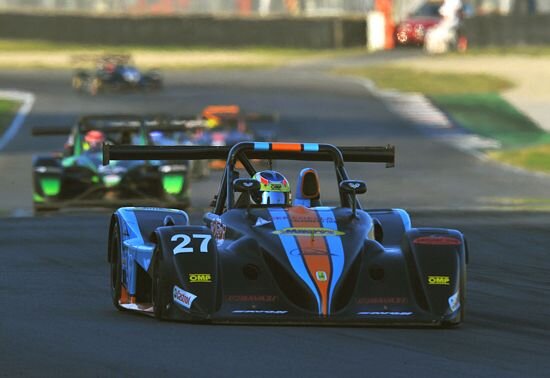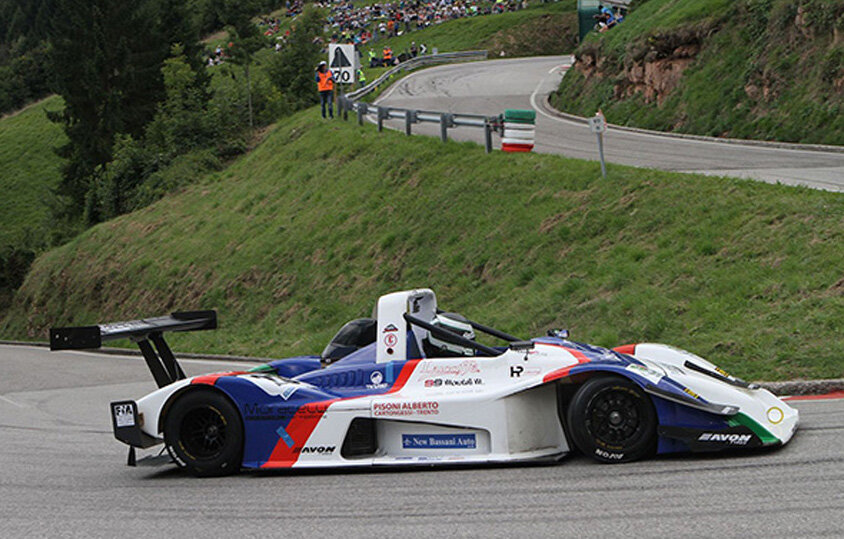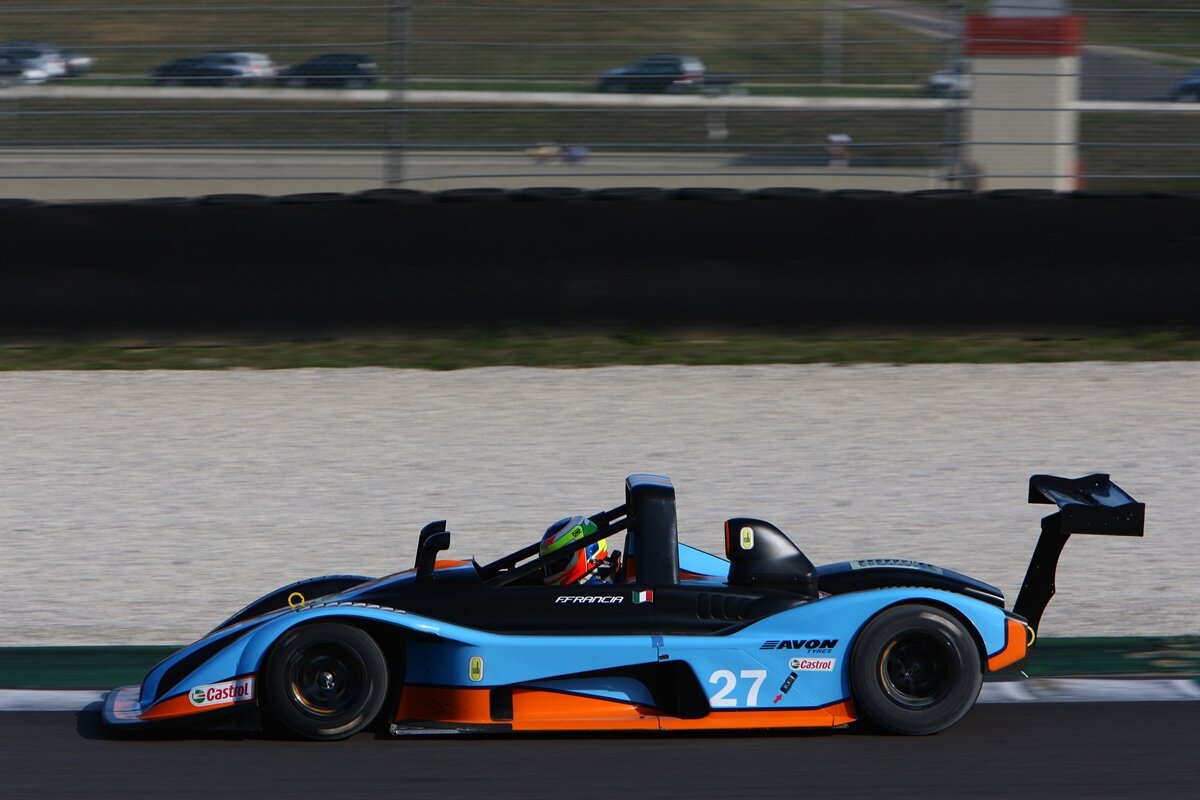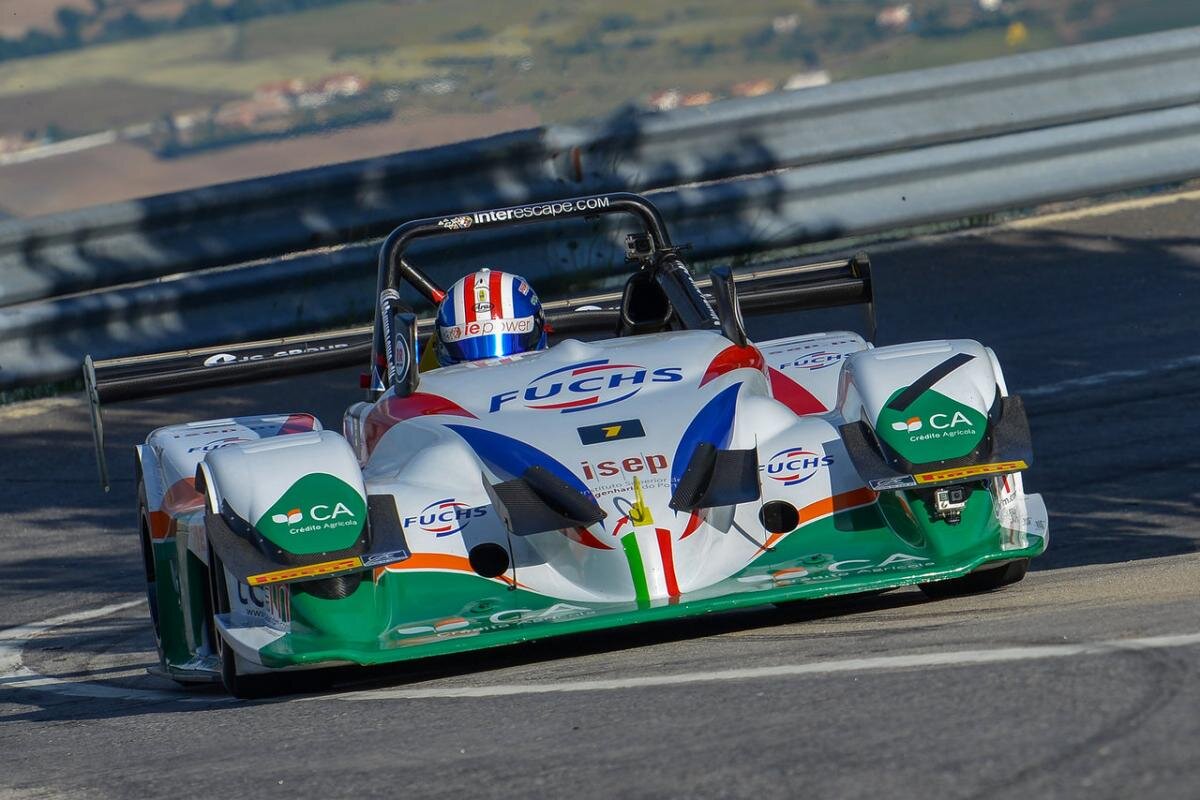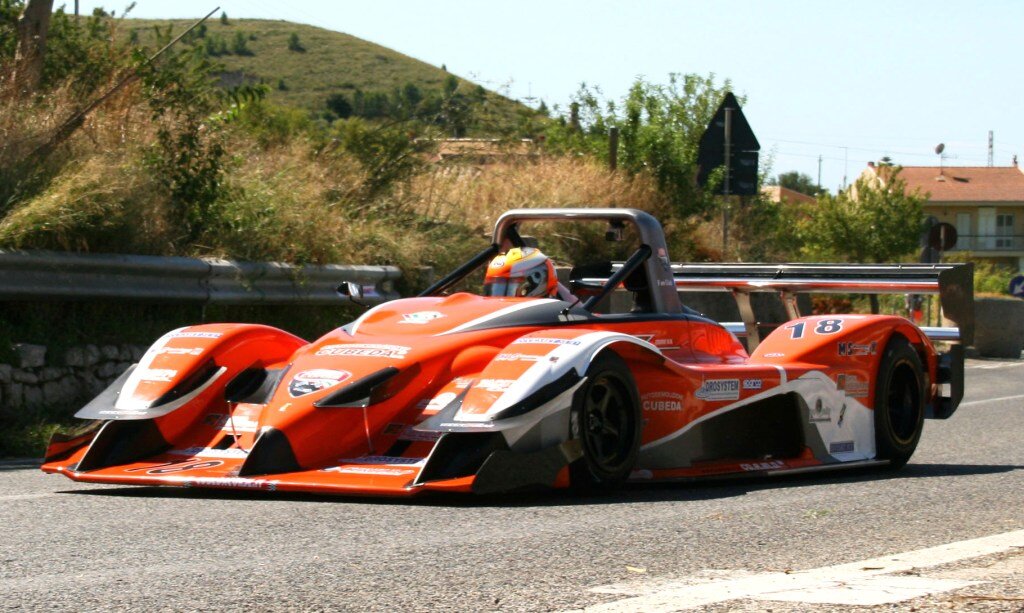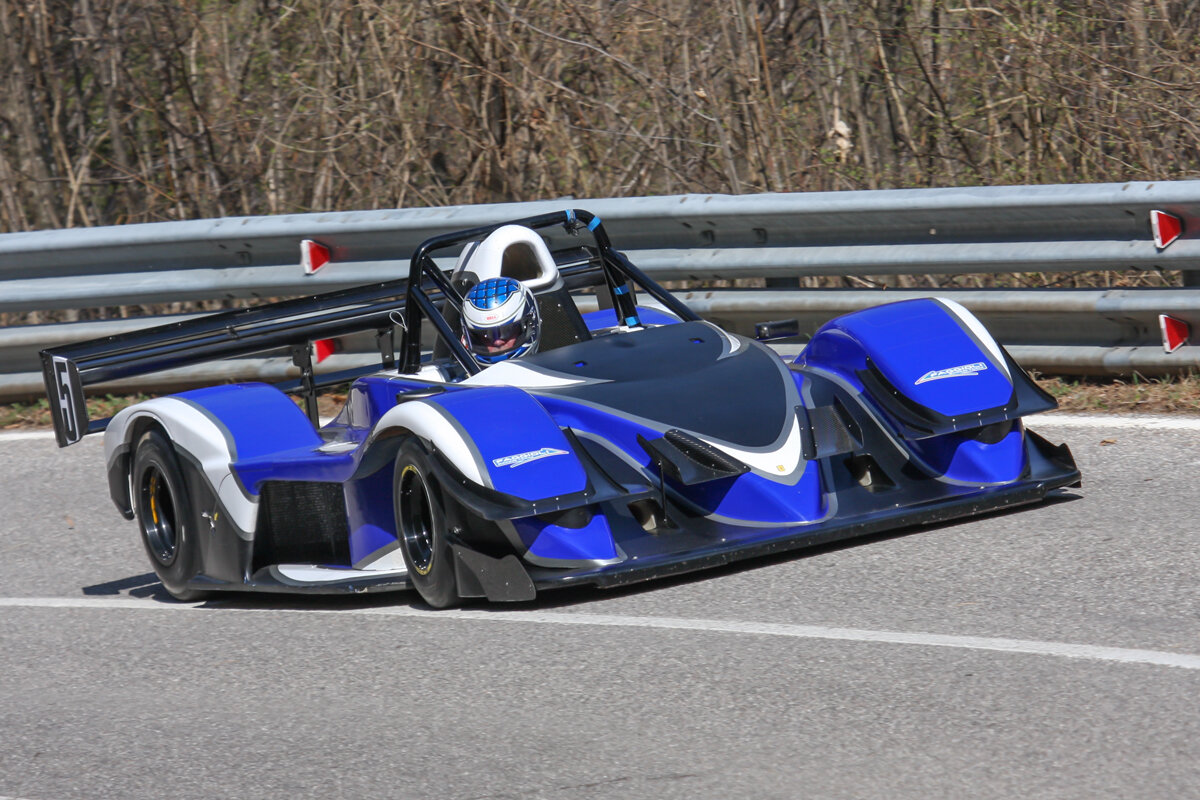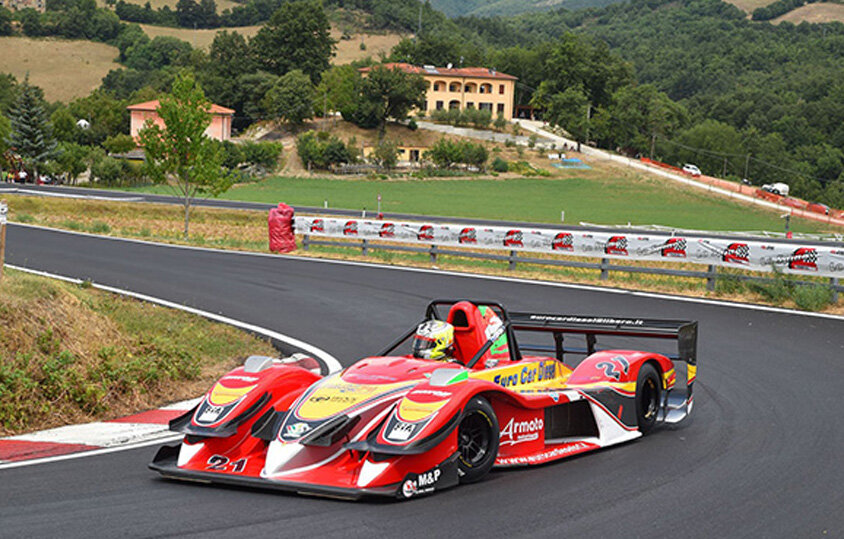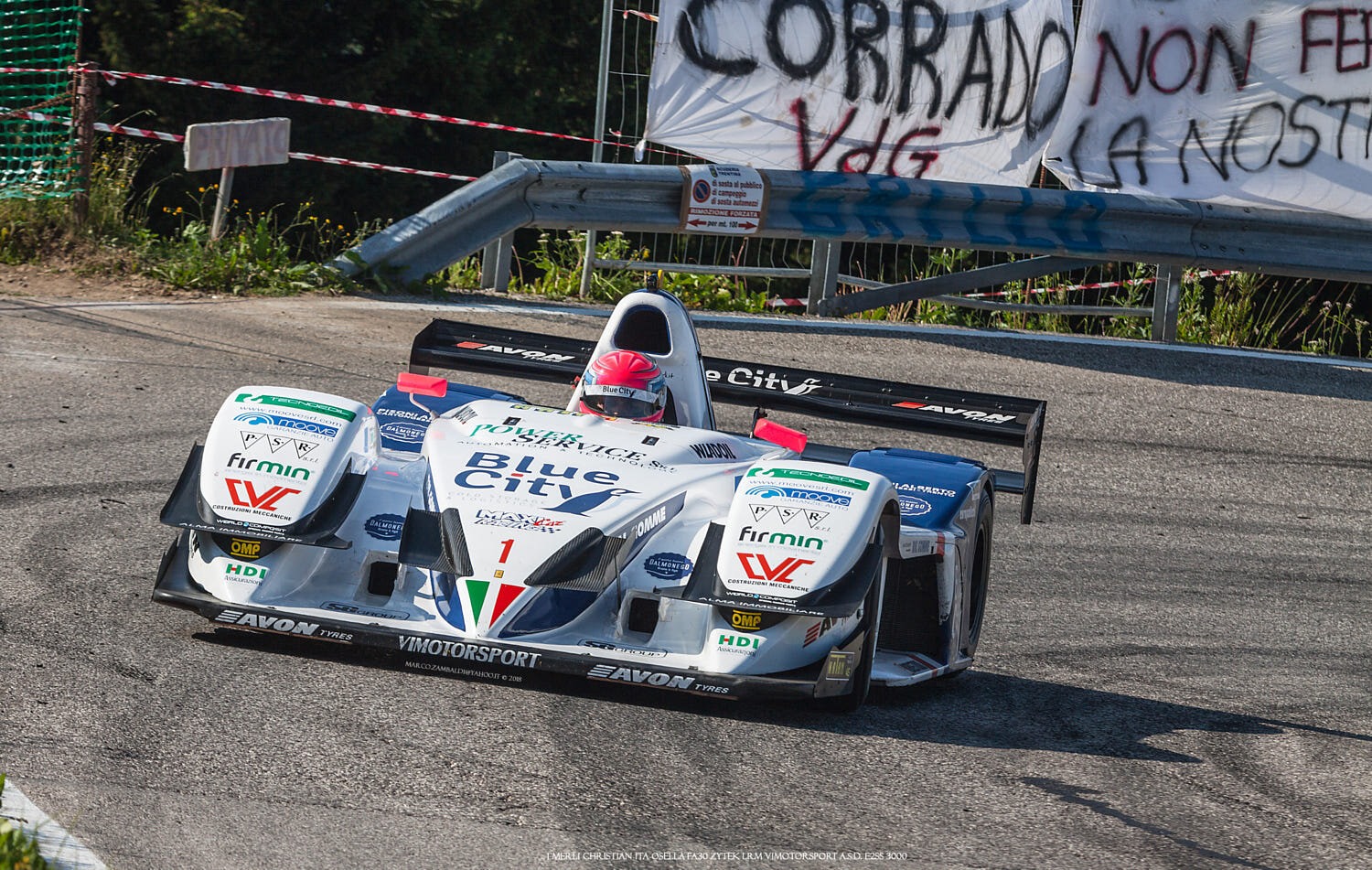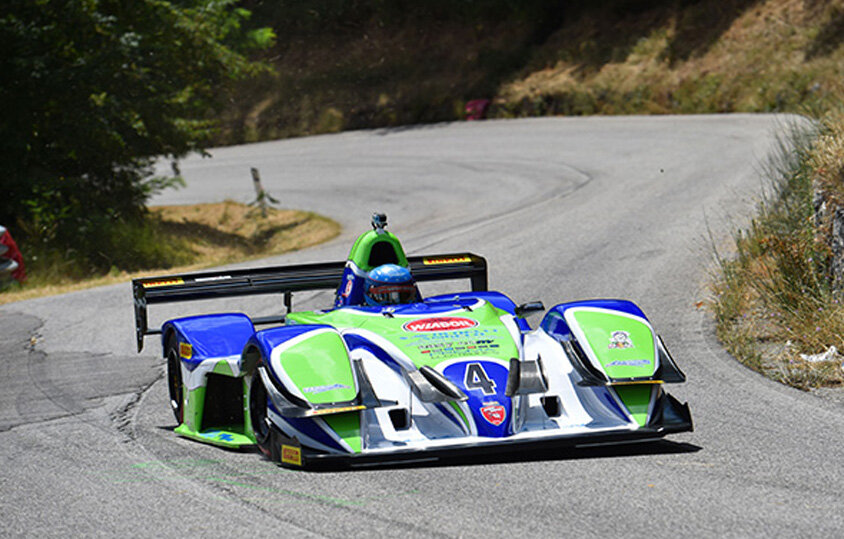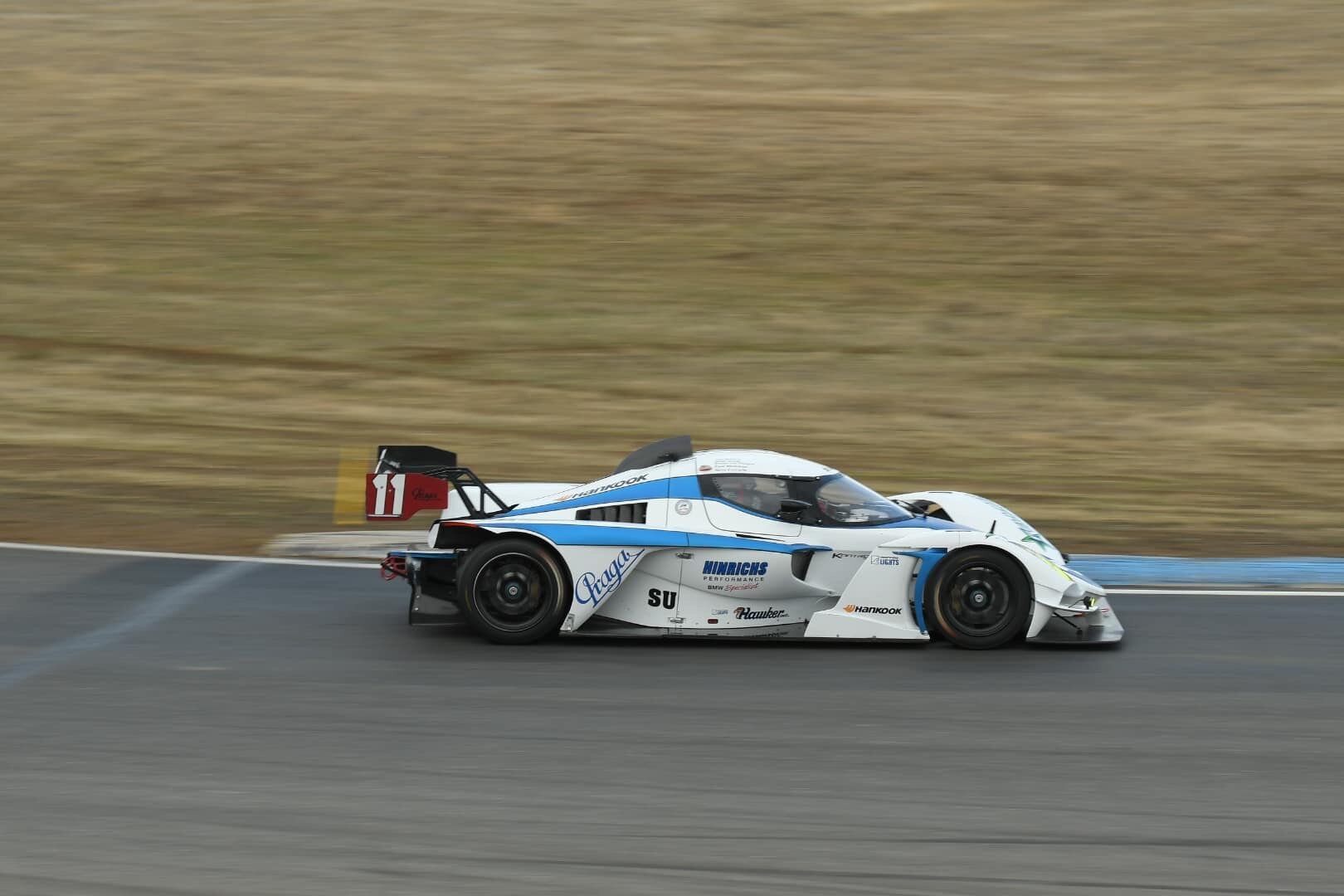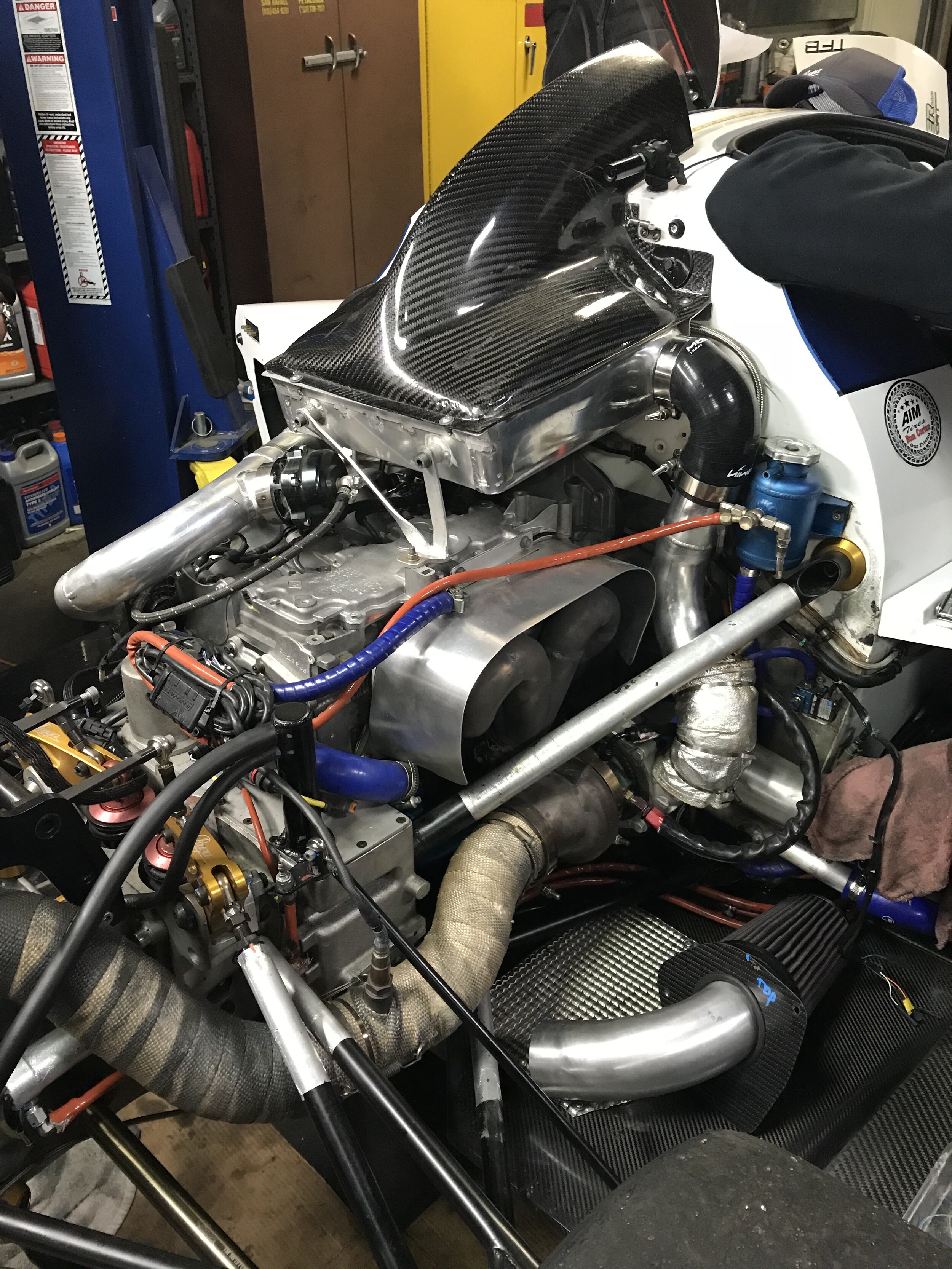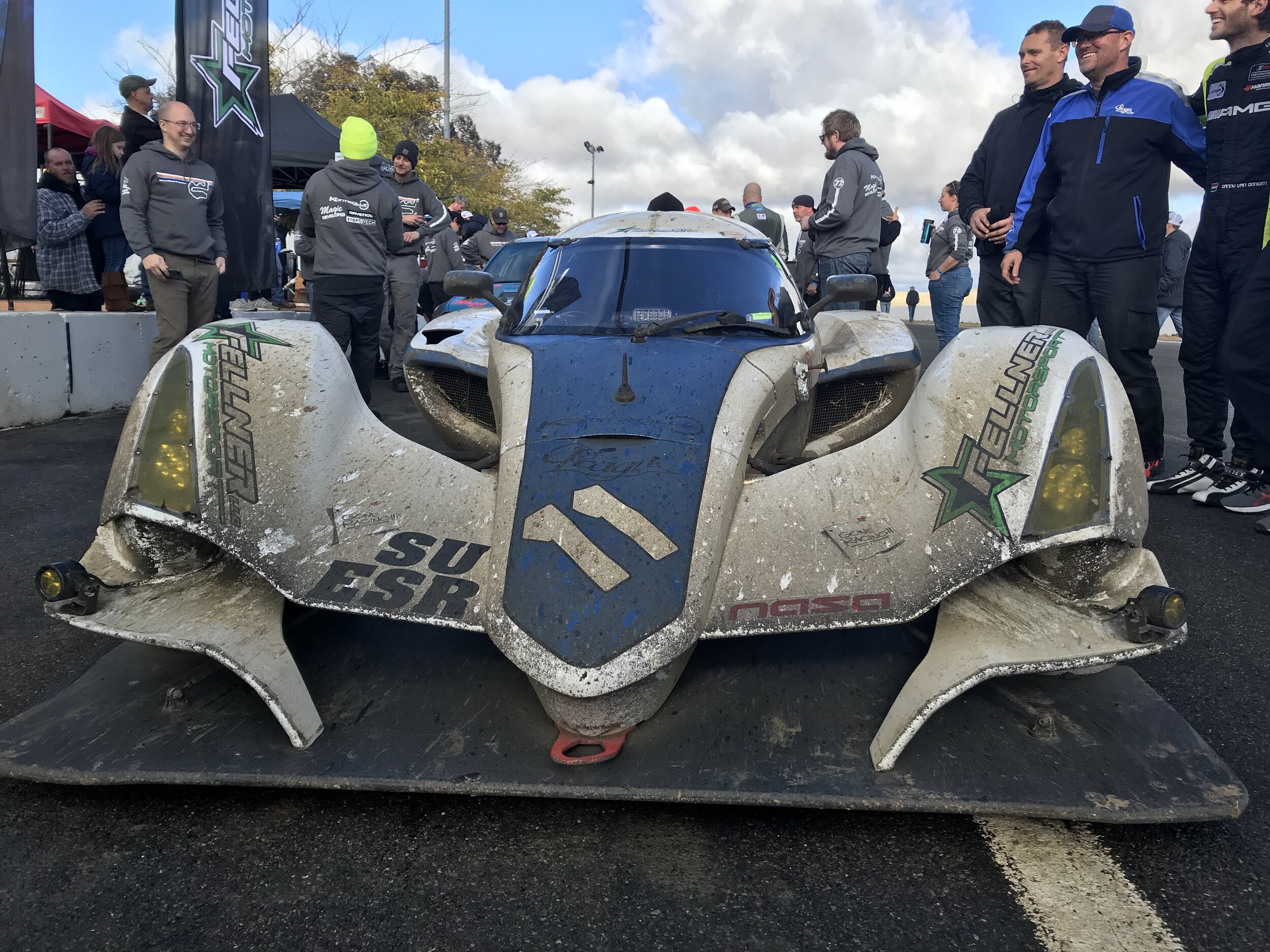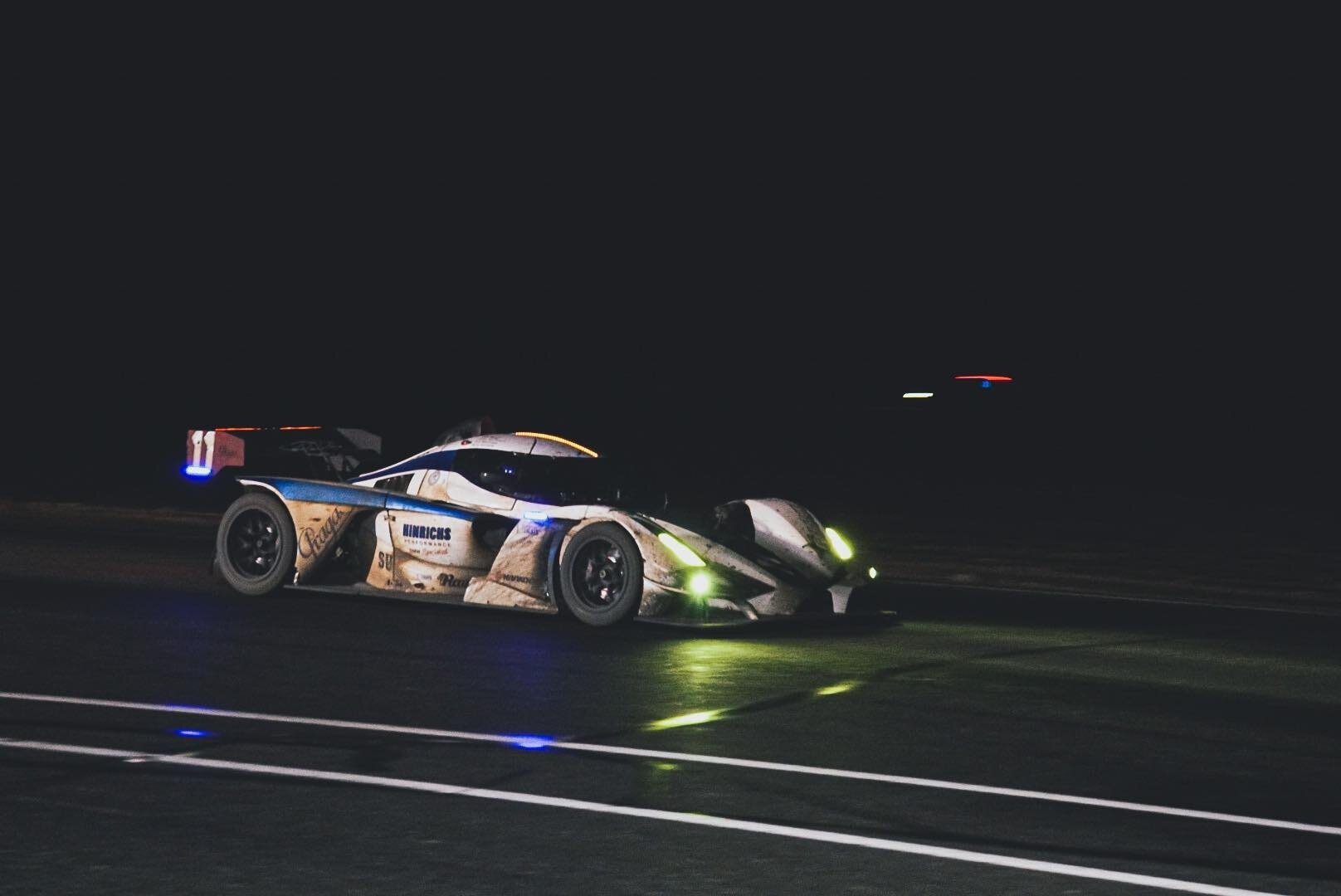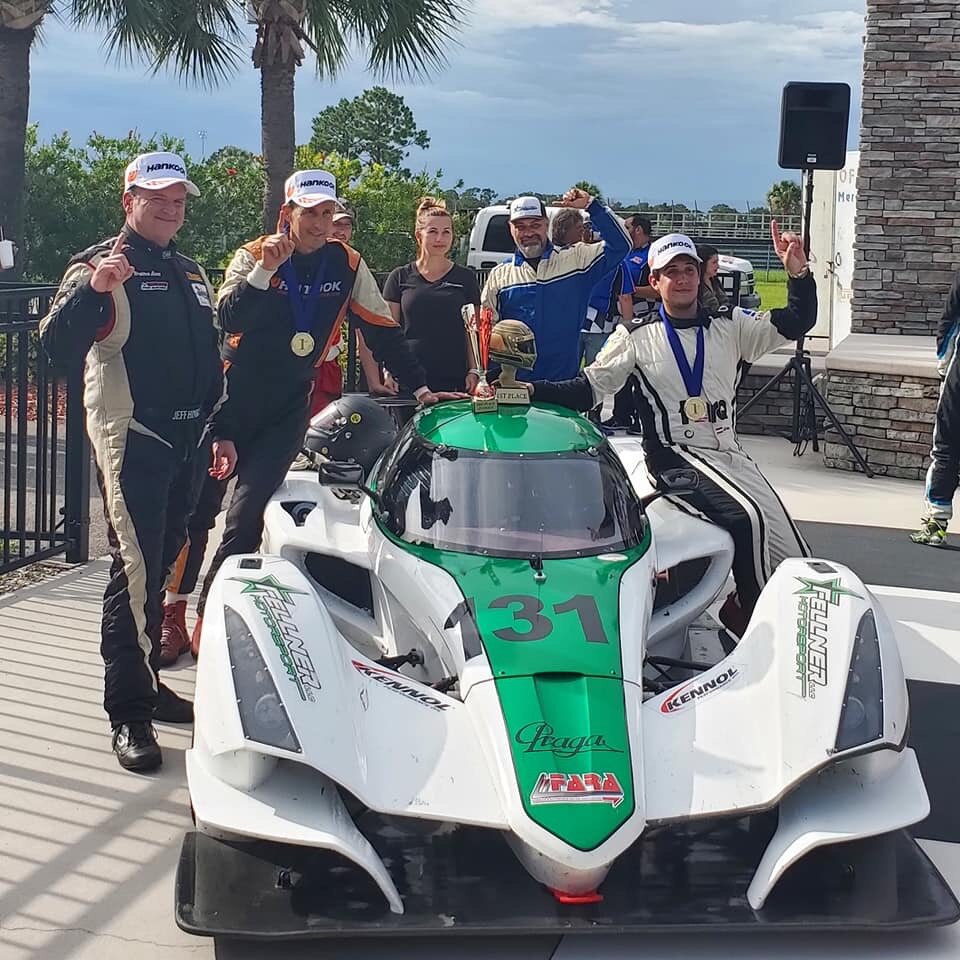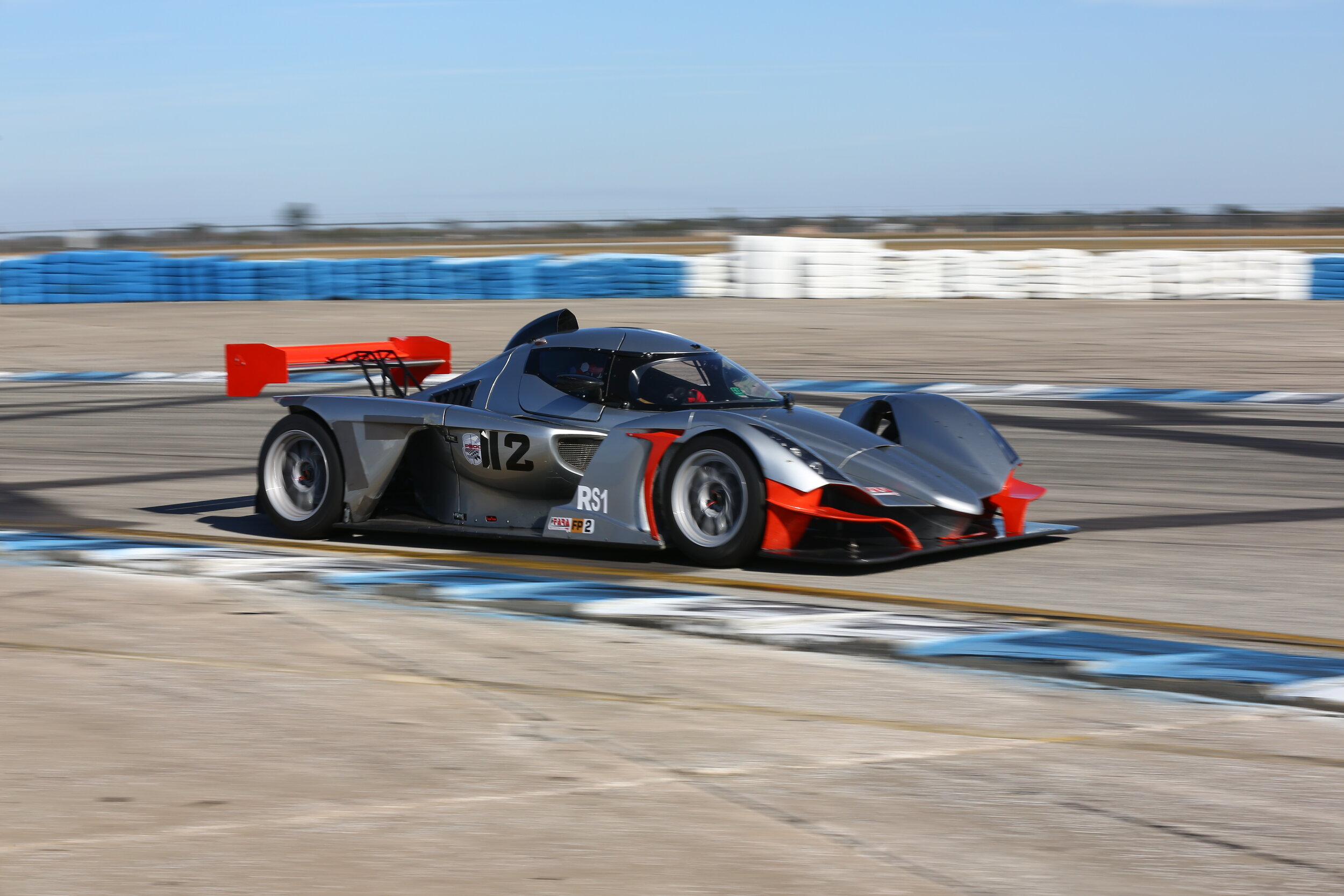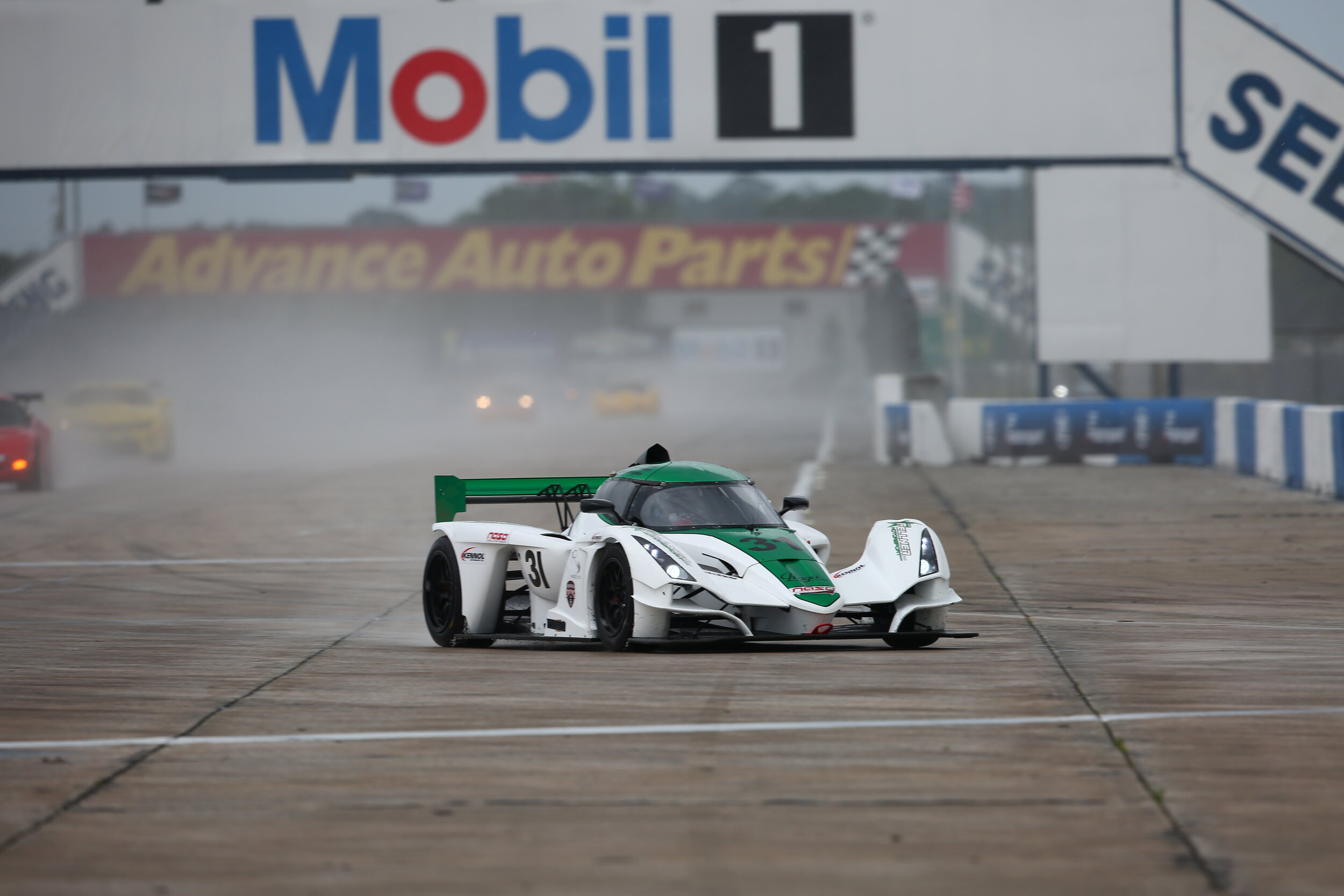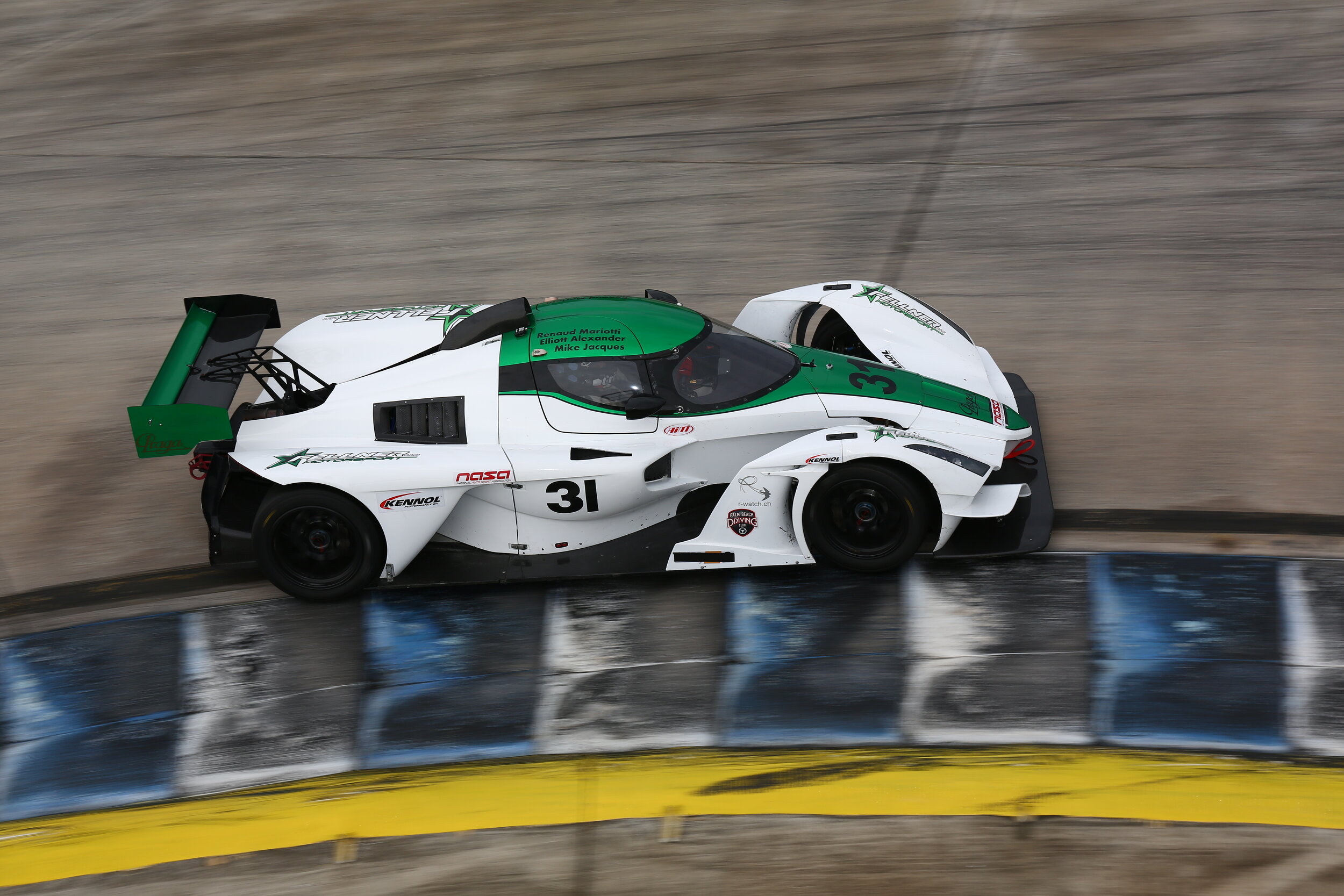Existing since 1974, CMS Motorsport has been a staple of hill climb and circuit racing in Italy. With their first in-house chassis debuting in 2001. The first chassis, the CMS 01, being built for the CN4 class and utilizing a 3.0L Alfa Romeo V6 engine; With varying degrees of success in circuit and hill climb competitions. A few years later in 2003, CMS debuted their second chassis, the CMS 02. The CMS 02 was built with a 2.0L Alfa Romeo inline-4, specially for an Italian hill climb class. Their third chassis came to the sports prototype market in 2015 and their newest chassis in the process of being built. In between making their own in-house chassis, CMS Motorsport provides car preparation and trackside service for many different prototype brands throughout Europe. Competing in hill climb, sprint races, and endurance championships within Italy and central Europe.
CMS 03 CN2
CMS Motorsport’s CMS 03 CN2 chassis debuted in 2015. Much like Osella’s PA21 S & P variants, the CMS 03 CN2 is a mixed-use designed prototype. Built for hill climb and circuit racing competitions, not just optimized for one or the other. The chassis is steel tube-frame with riveted aluminum paneling and the bodywork is fiberglass weighing in at 538 Kg (1,183 lbs). The chassis was not specially built for FIA CN competition, but it was built to the same standard as FIA CN. Two-seat chassis design with a 2.0L Honda K20 (FD2) engine producing upwards of 270 hp. With CMS utilizing the common Hewland FTR gearbox and Teknogear paddle shift system.
CMS 04 E2SC LRM
The newly designed and still-in-progress CMS 04 E2SC LRM chassis will be a bit more powerful and have a more aggressive aerodynamic package than its’ predecessor. Using an LRM Motors built 2.5L Honda FD2 engine boasting a whopping 352 hp. The chassis will still have the same construction of steel tube-frame and aluminum paneling. The chassis, in total, will weigh in at 515 Kg (1,133 lbs), owing to optimized chassis and bodywork design.
Eligible Championships
Both the CMS 03 CN2 and the CMS 04 E2SC LRM are fairly close in chassis design and layout, similar to FIA CN or E2SC (hill climb) regulations. For that reason, these cars are fairly well rounded and great for many different championships. The CMS 03 CN2 and the CMS 04 E2SC LRM would be eligible for the following series: Sports Car Club of America (SCCA), NASA Pro Racing (NASA), FARA USA, PBOC, Endurance Brasil, Australian Prototype Series, AvD Sportscar Challenge, Master Tricolore Prototipi, FIA European Hillclimb, Italian Hill Climb, and more.
Dealerships and Factory
CMS Motorsport is an independent race team and manufacturer, thus they keep a smaller footprint when it comes to franchising dealerships. Much like the other Italian prototype manufacturers, Osella and Tatuus, CMS keeps their sales, parts support, and fabrication in-house. If one was interested in purchasing or renting a chassis, you need to contact them directly: info@cmsracingcars.com
I also recommend visiting their website: https://www.cmsracingcars.com/ as they provide plenty of information regarding their services, chassis sales, race events, and used prototype sales.
Want your chassis or team in a Spotlight blog? Please e-mail us: JesseG@VenturiMM.com with photos of your chassis, internet links, information about your brand, and a brief history of your team, dealership, or brand.



